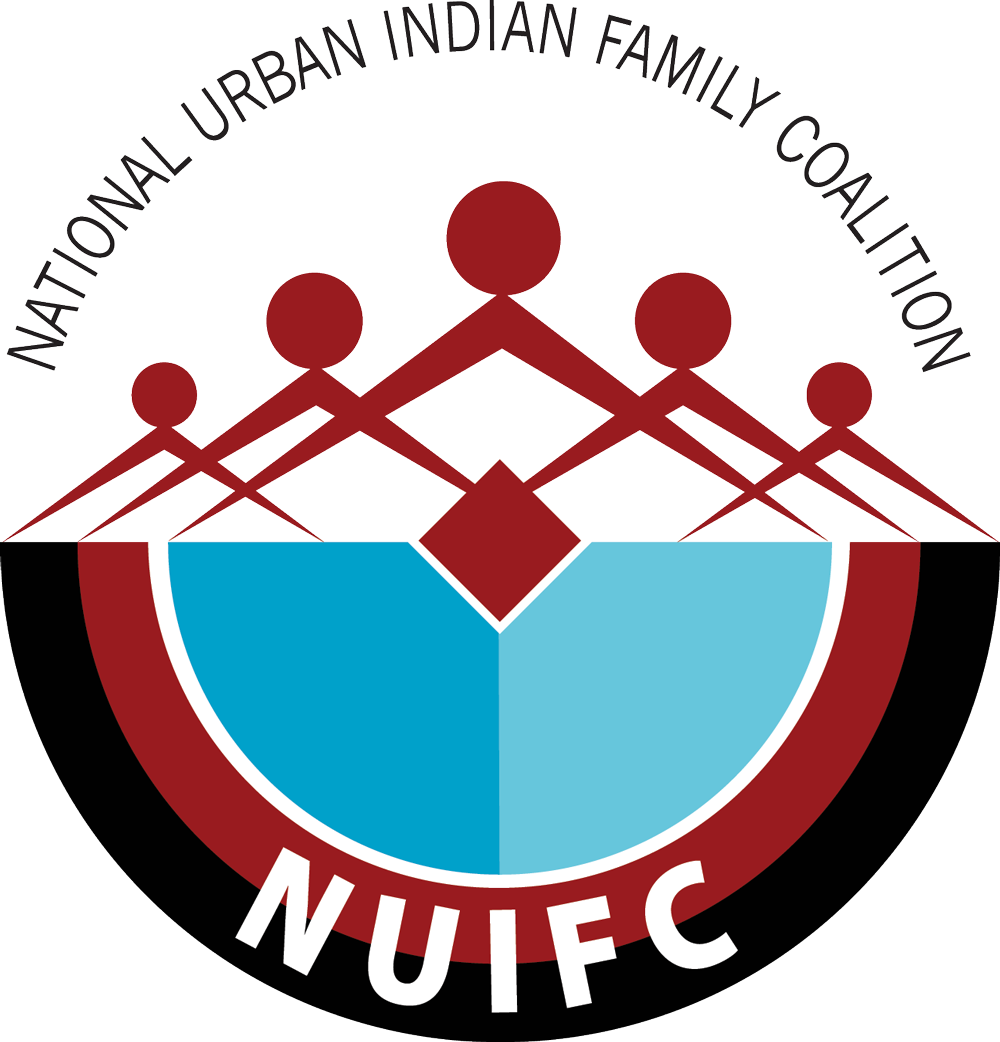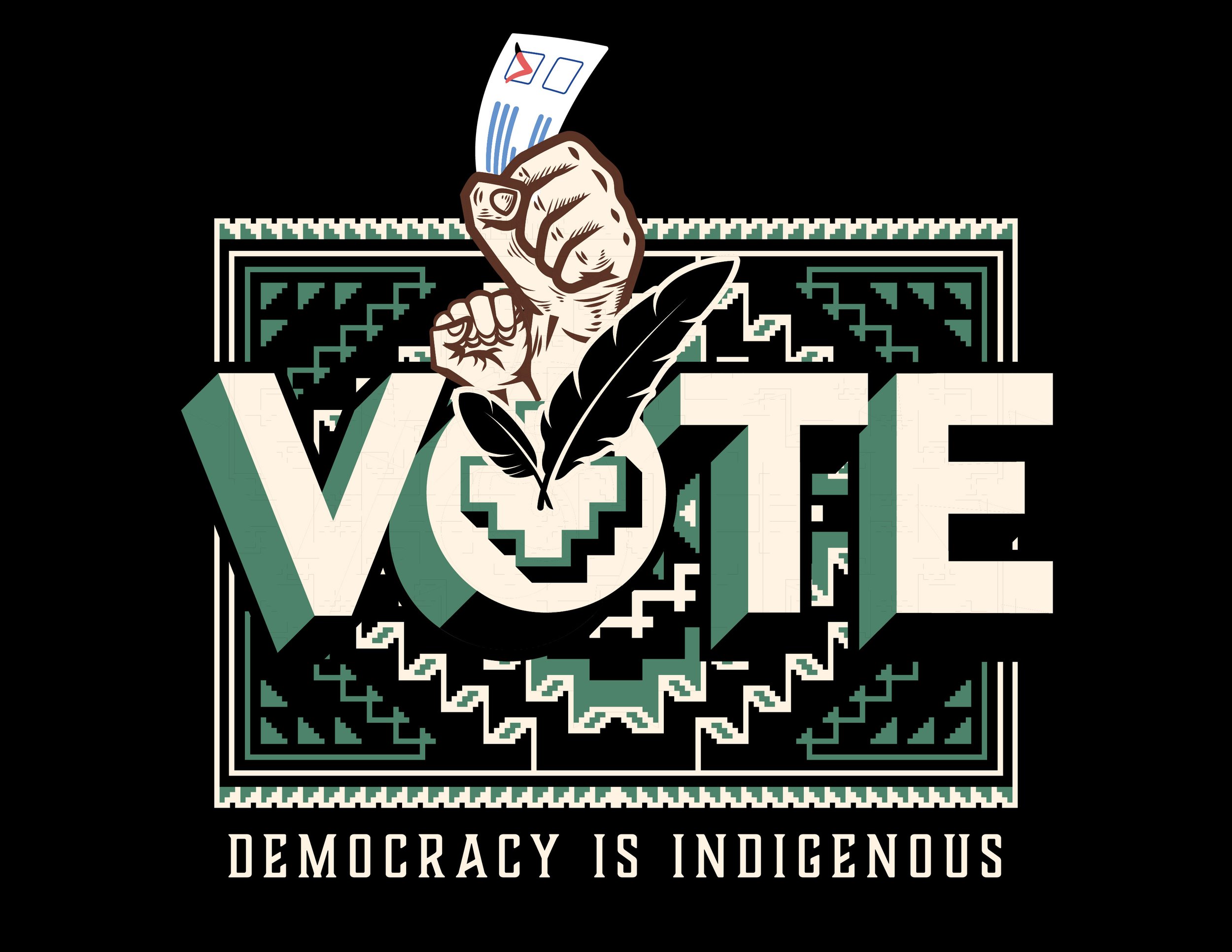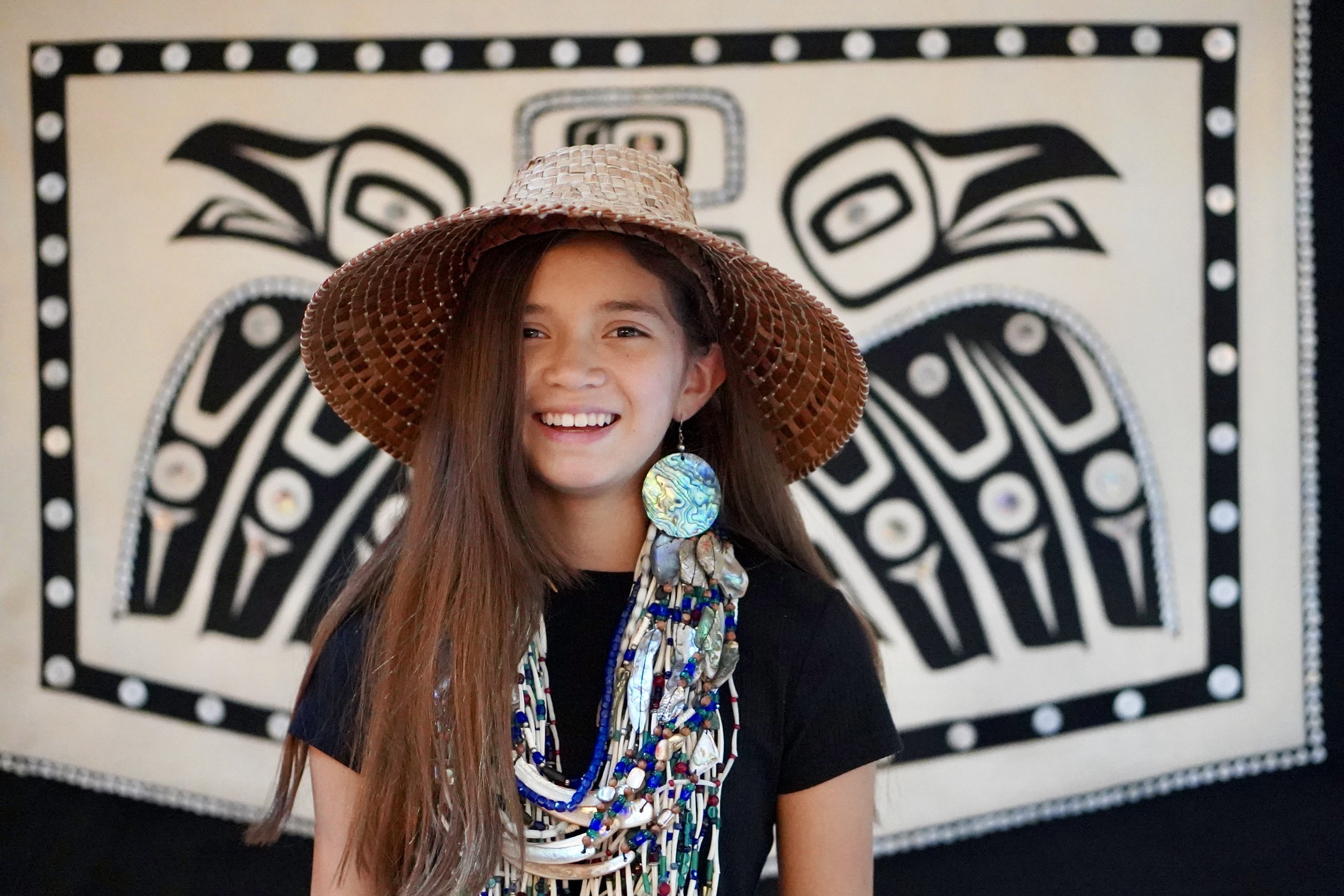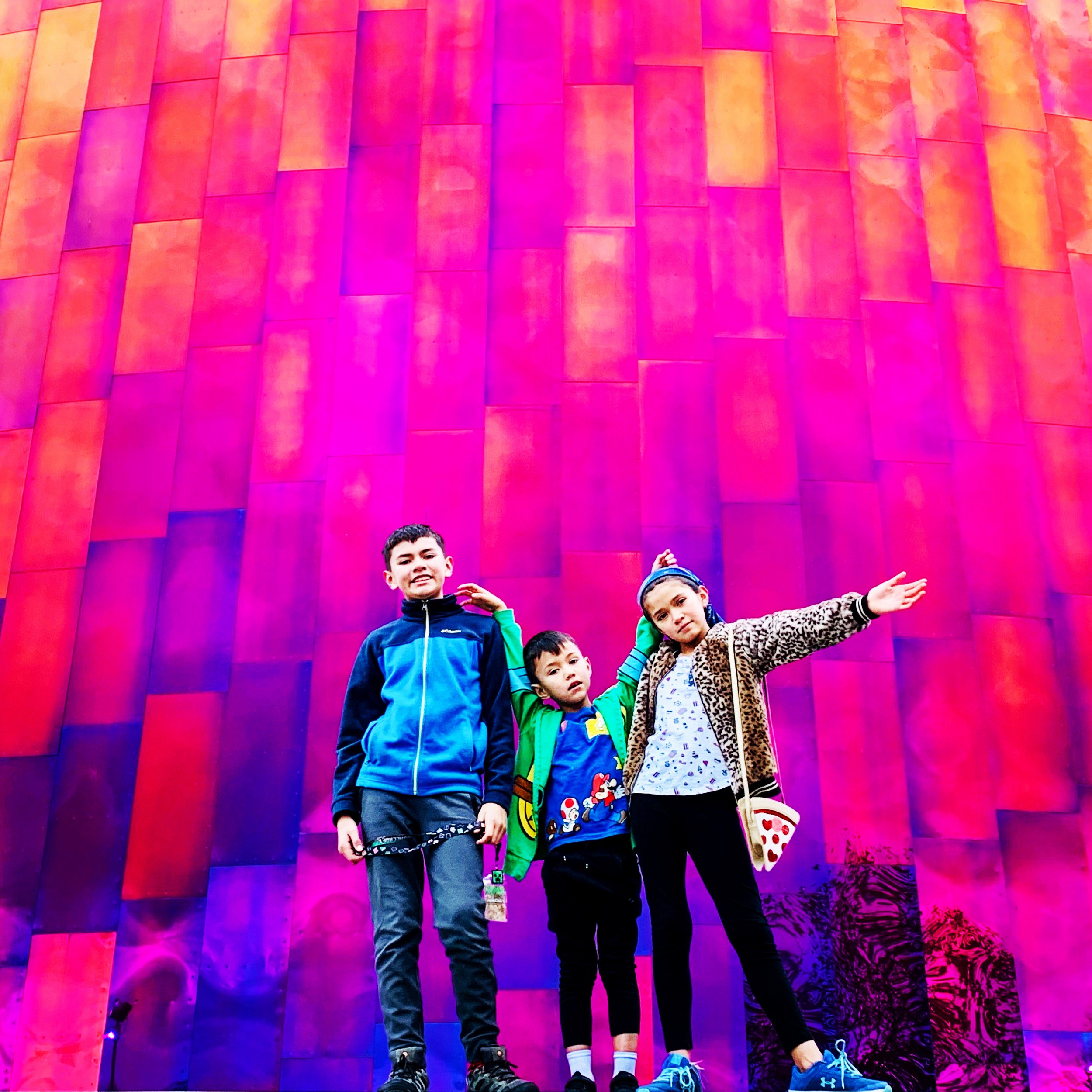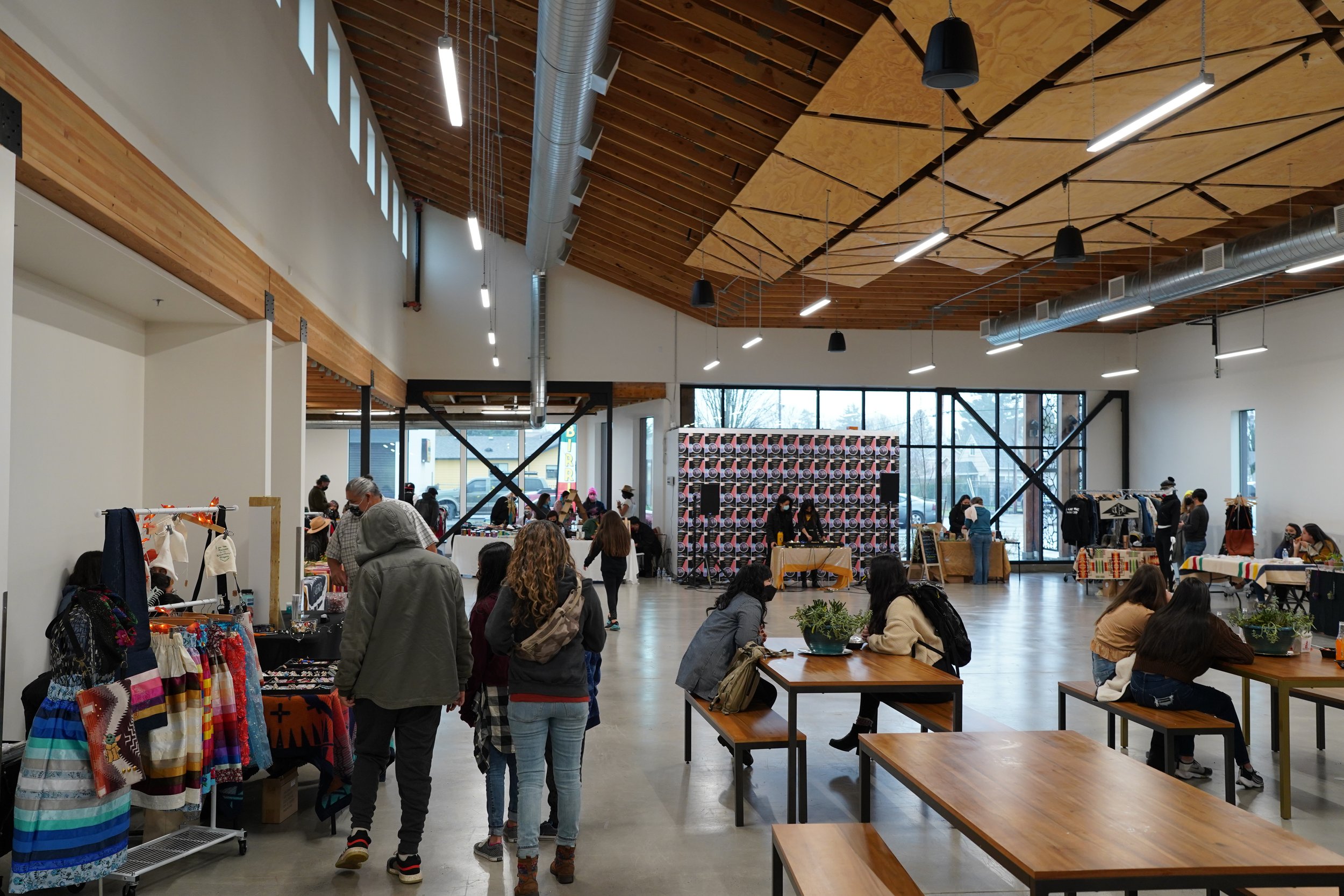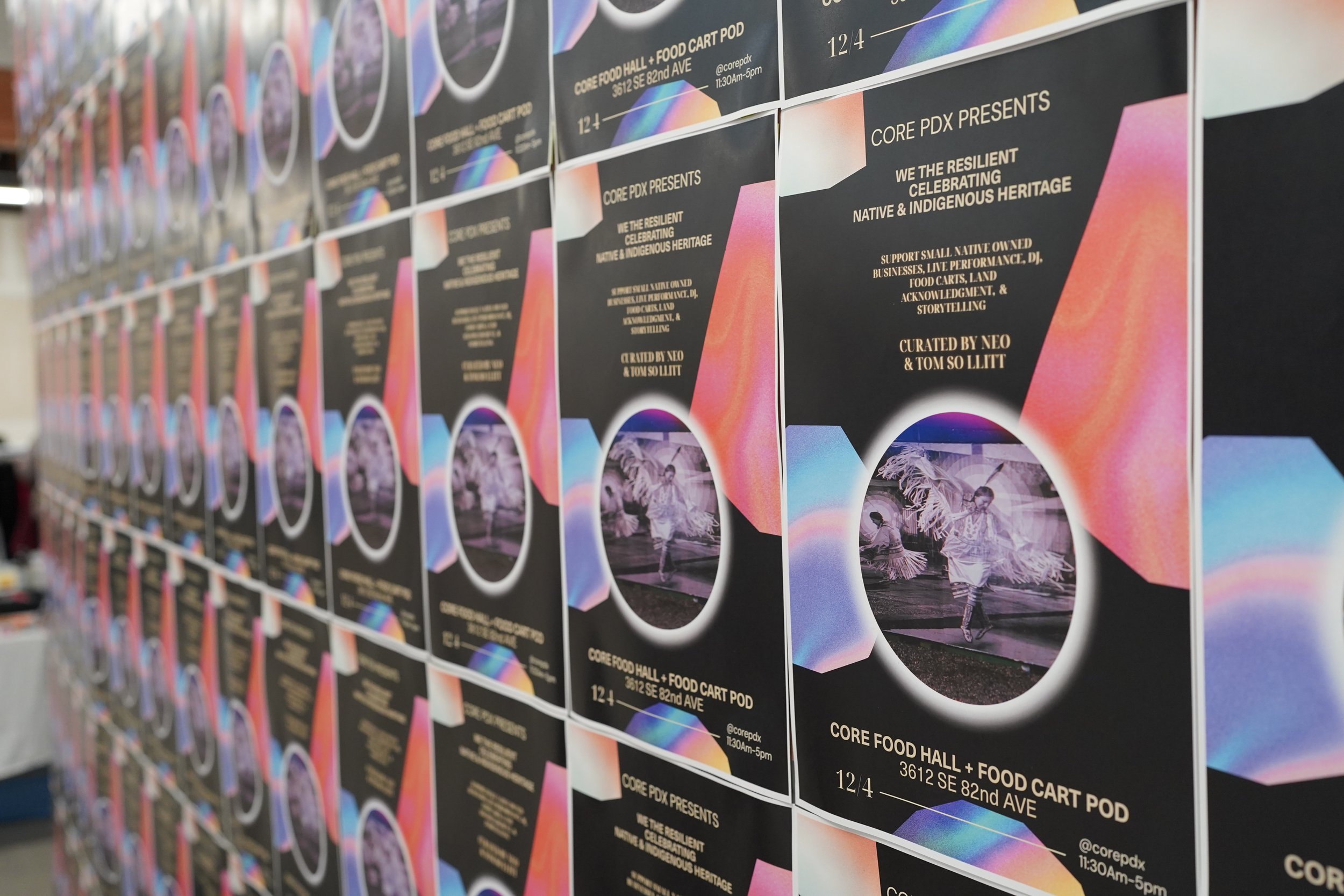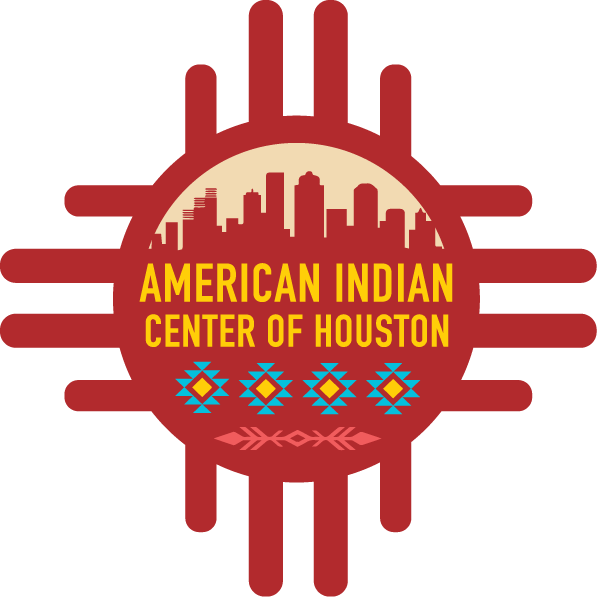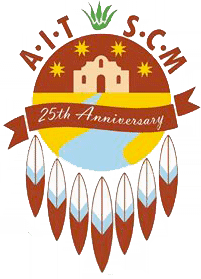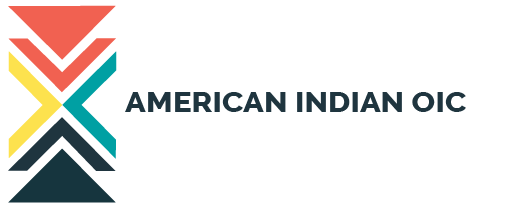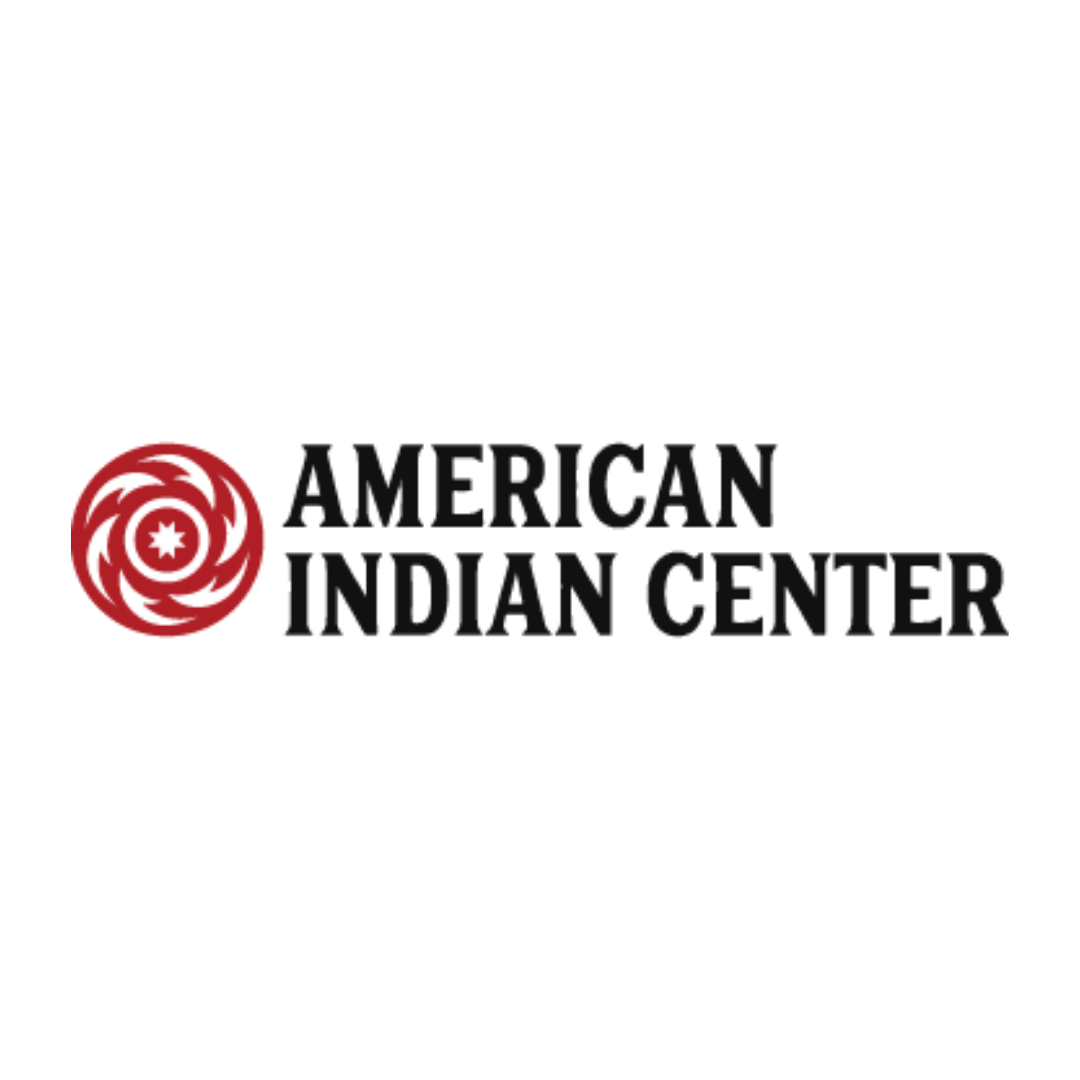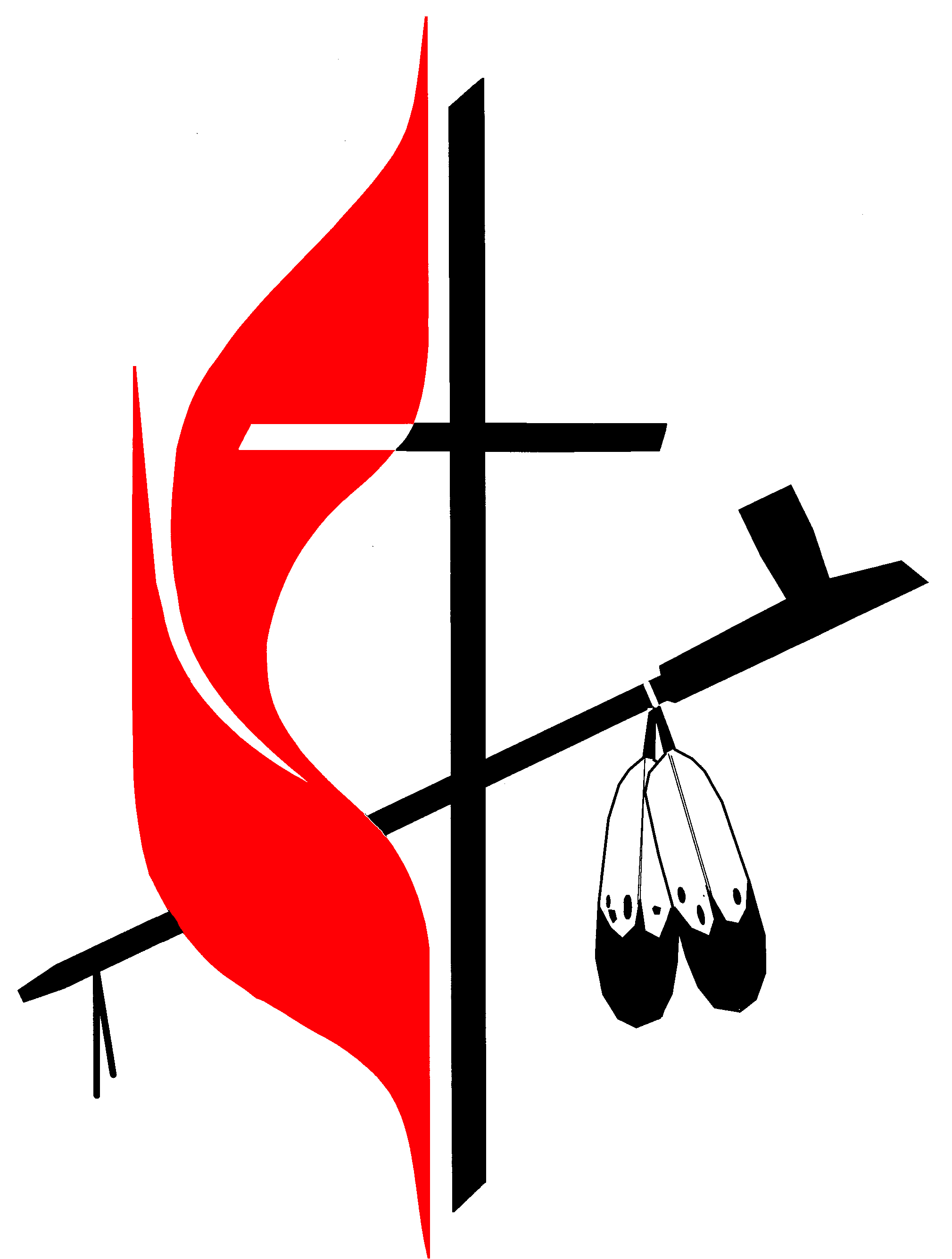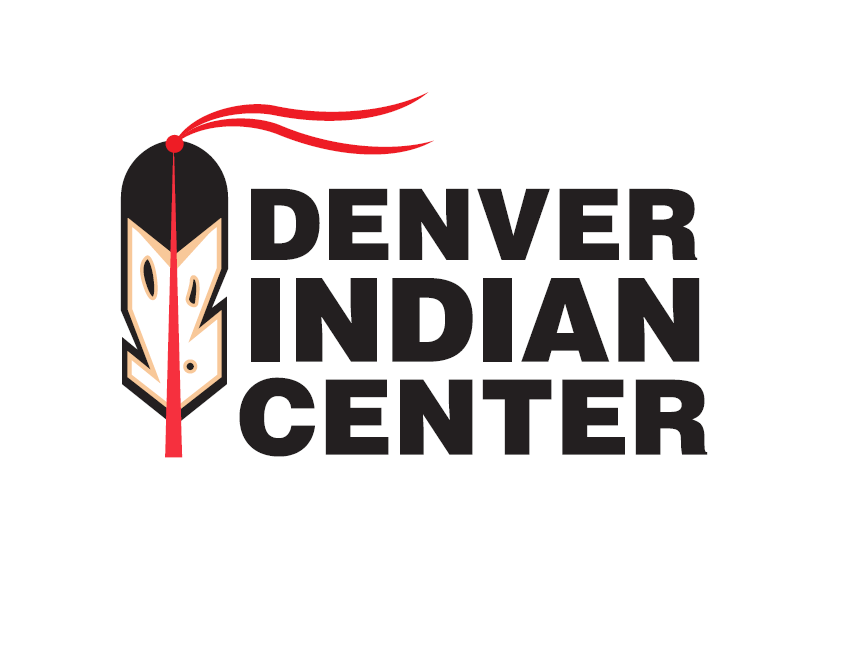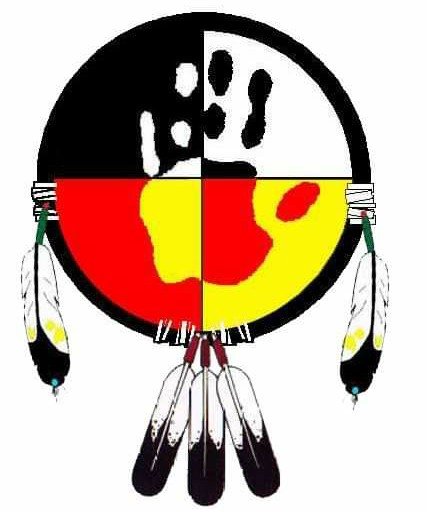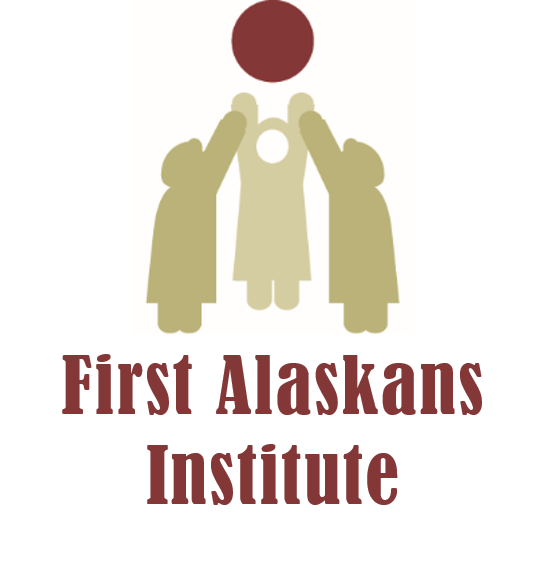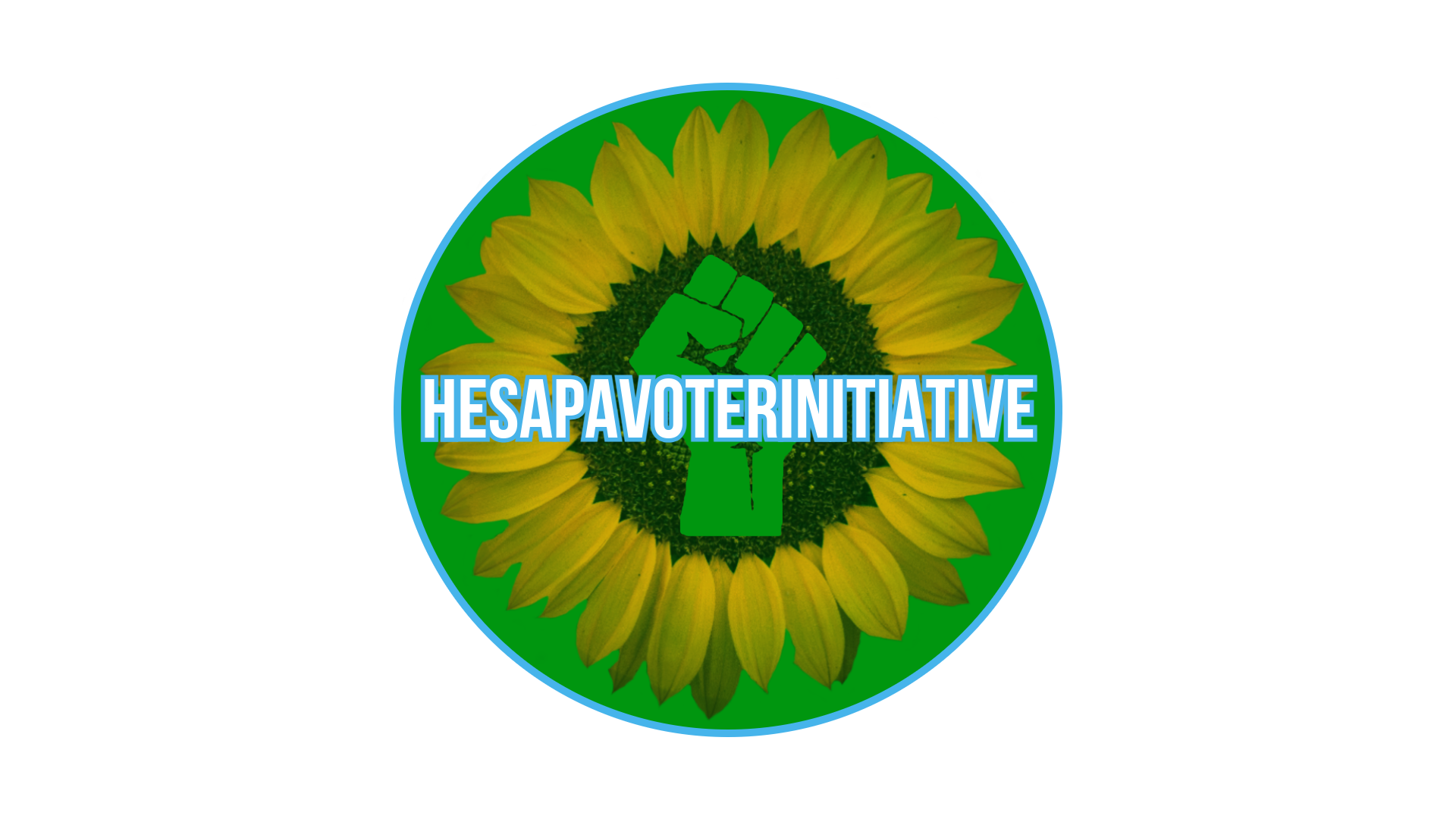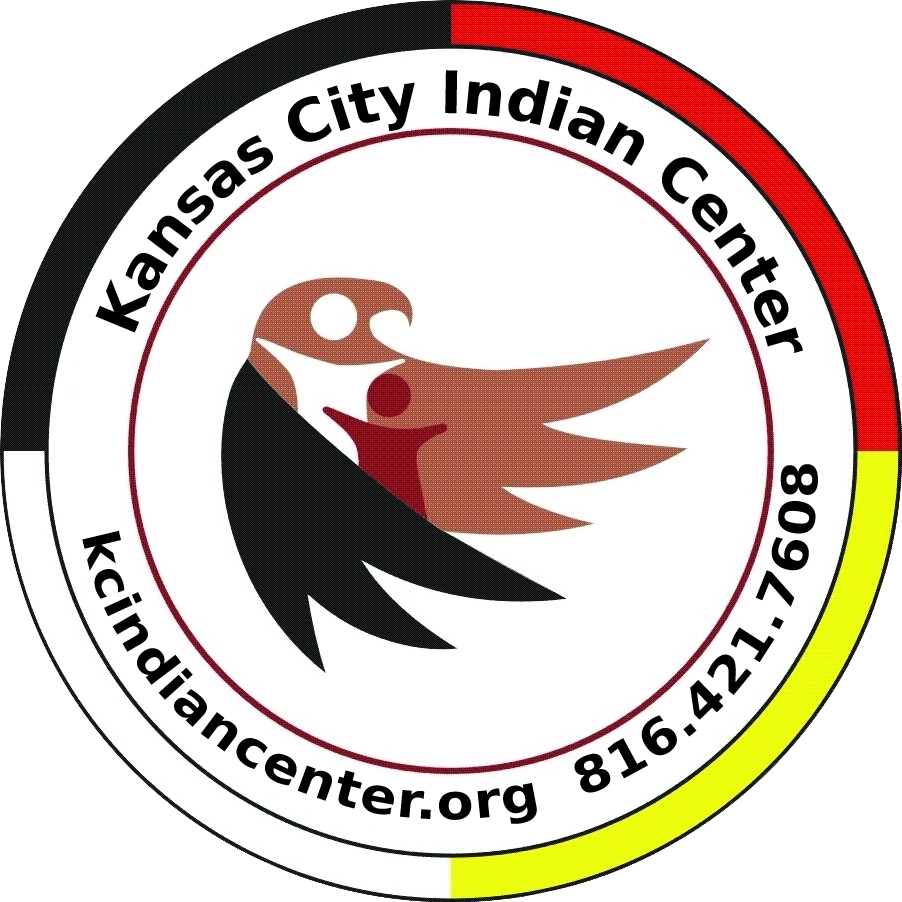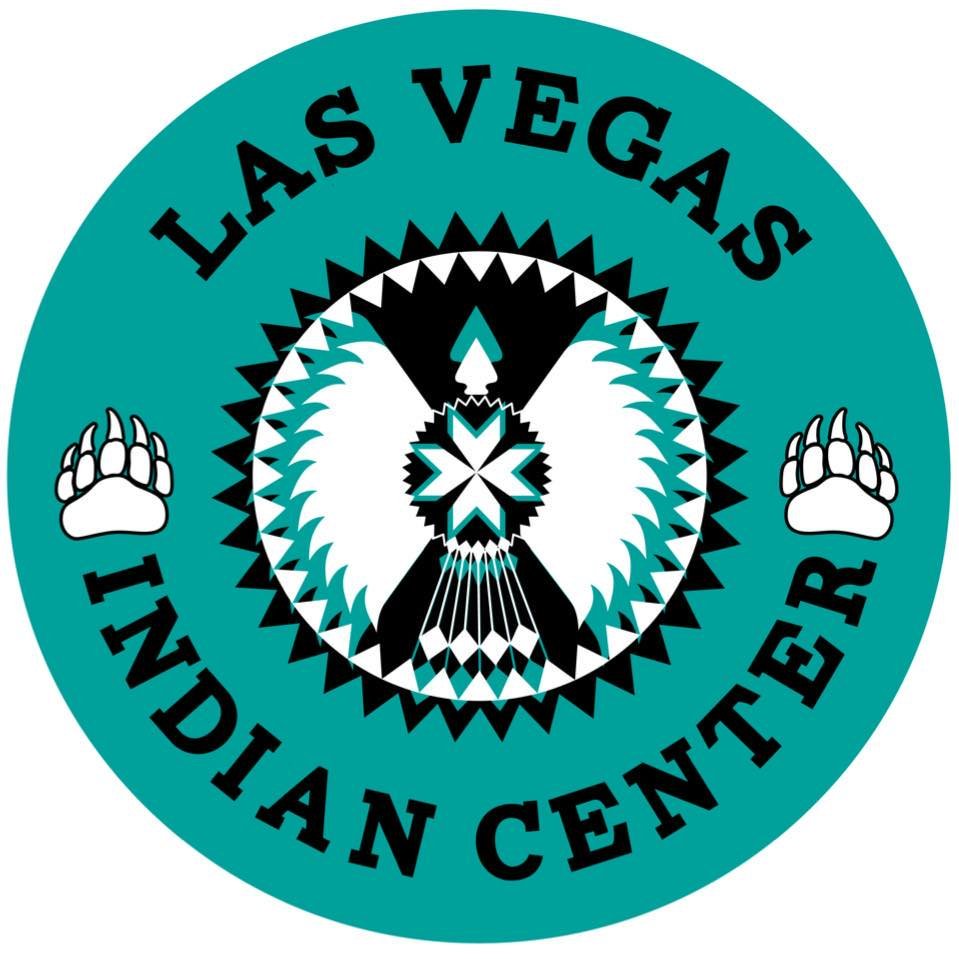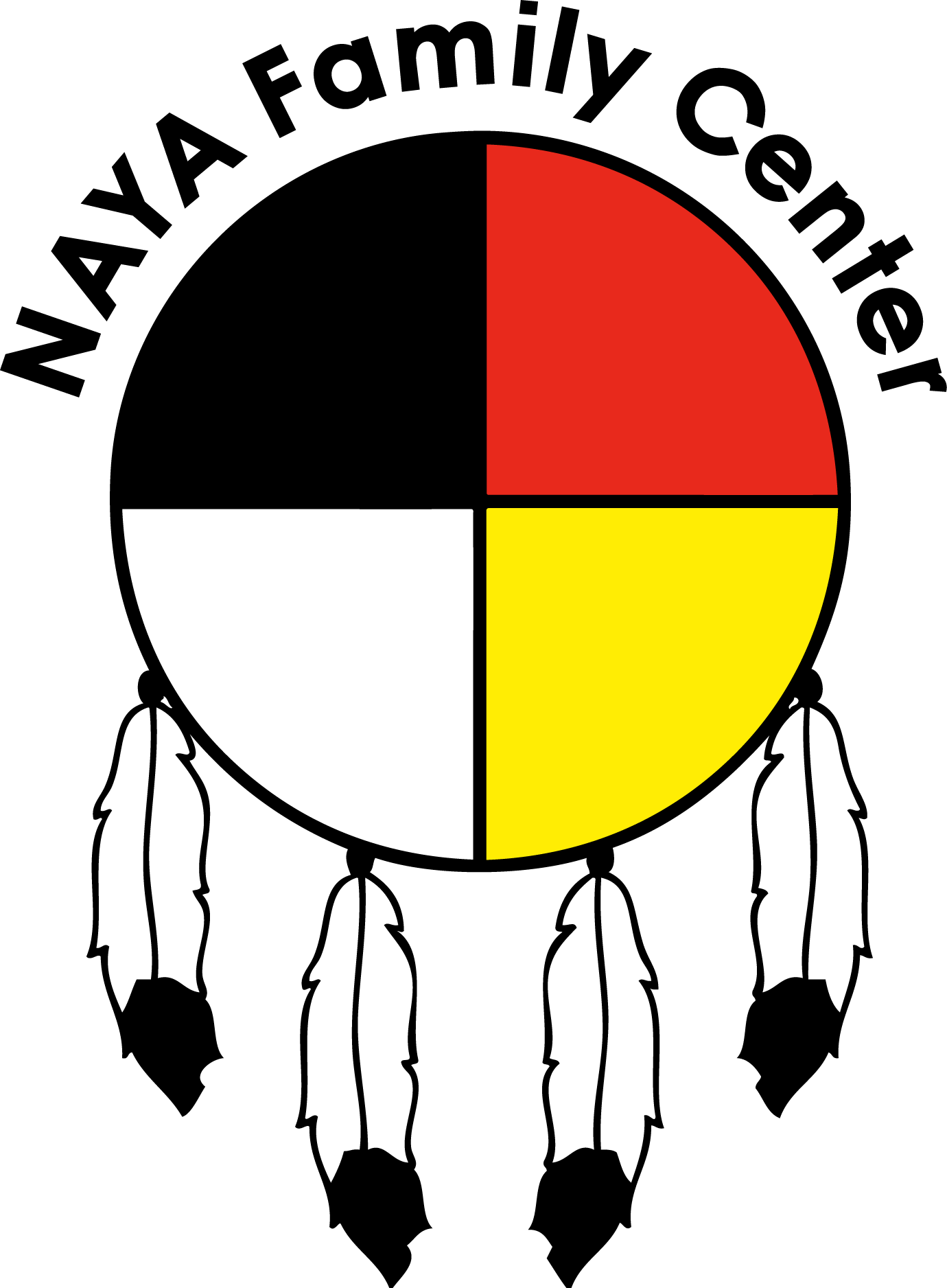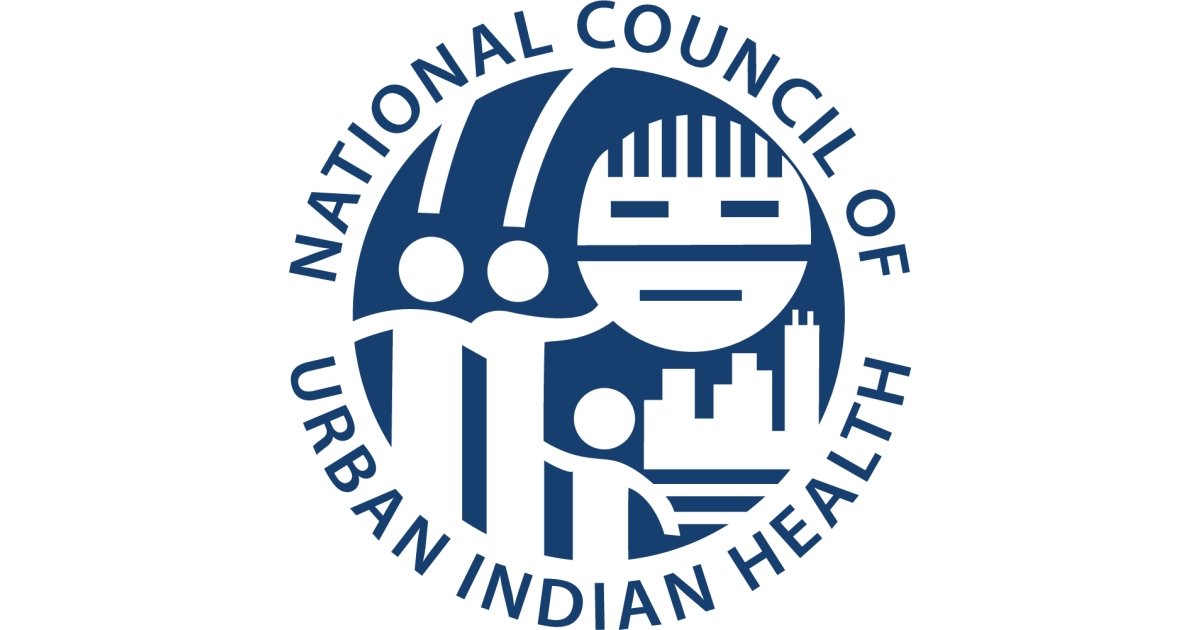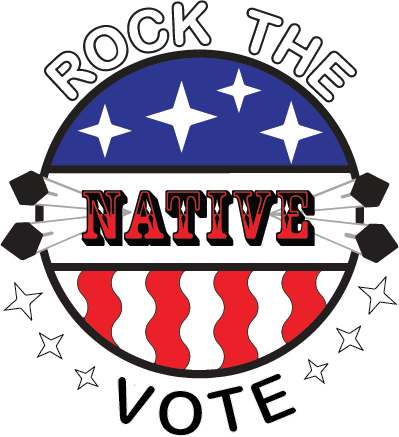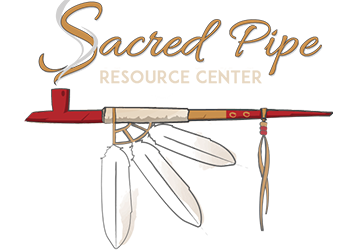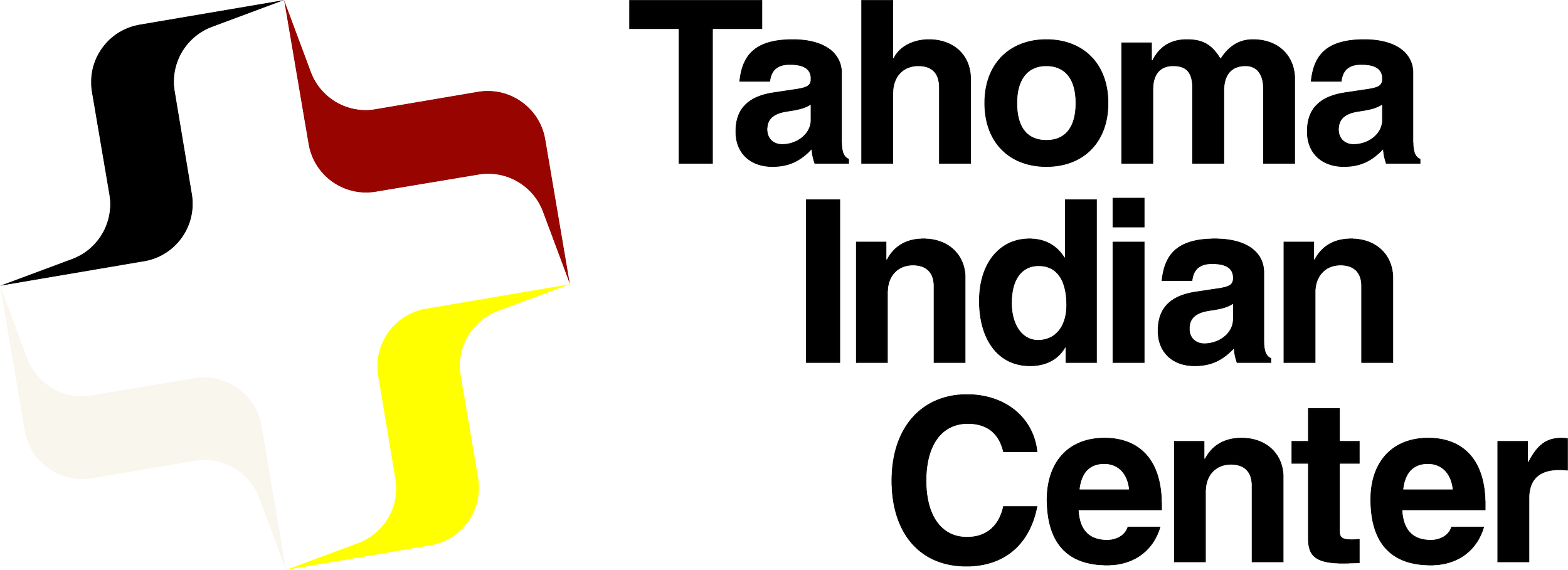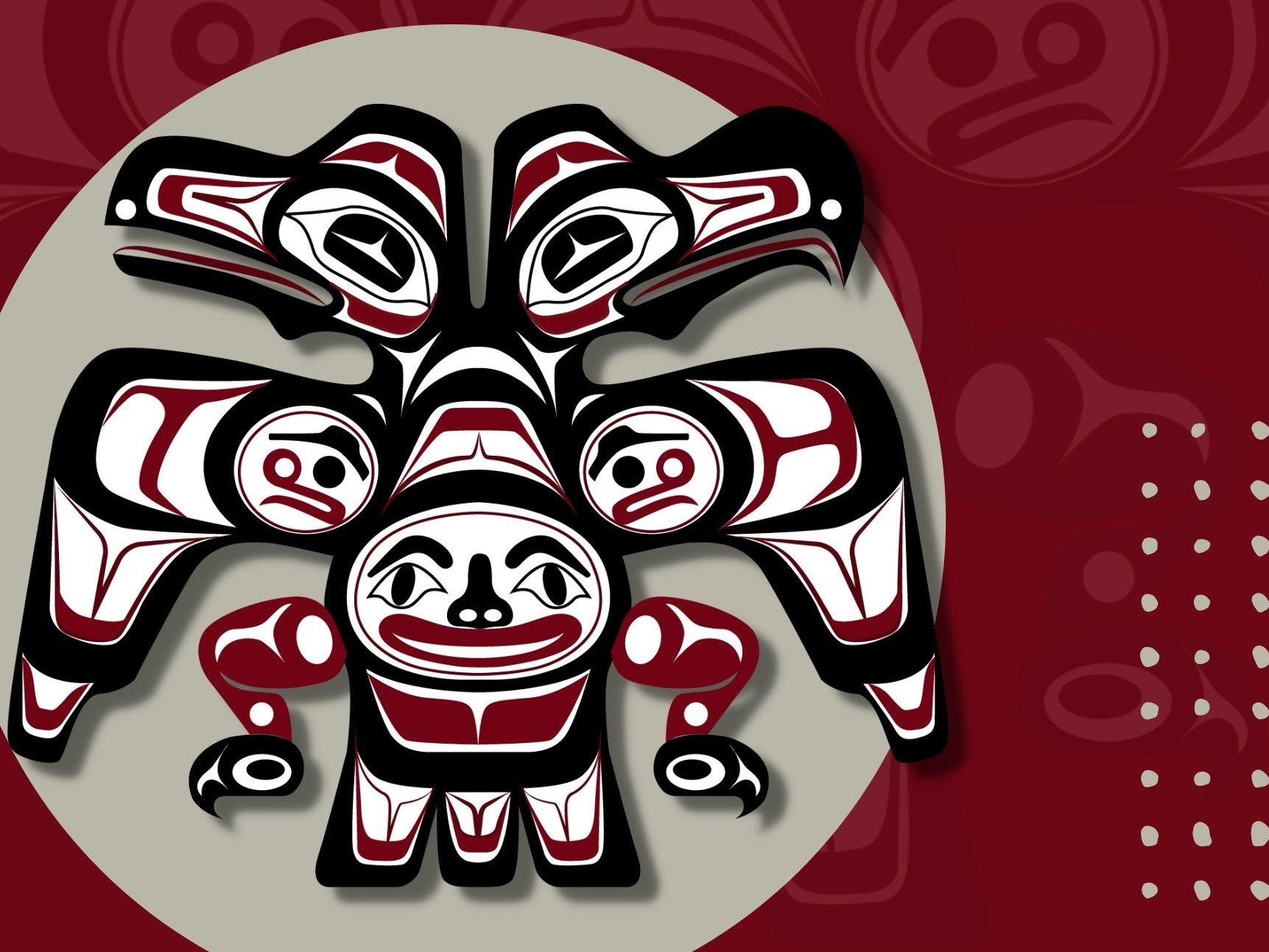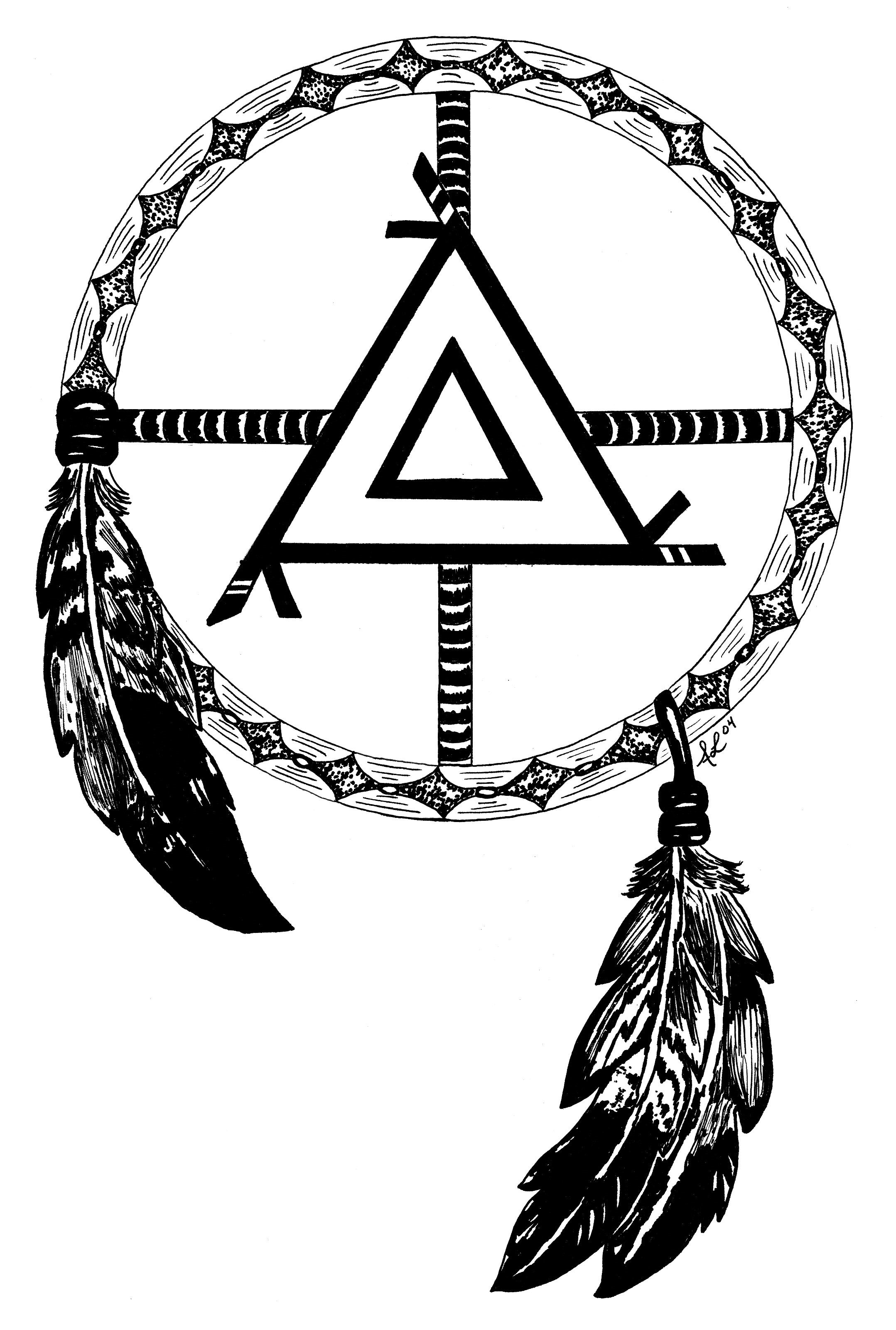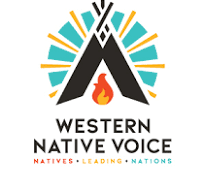RESOURCES FOLLOW POLICY & POLICY FOLLOWS ELECTIONS
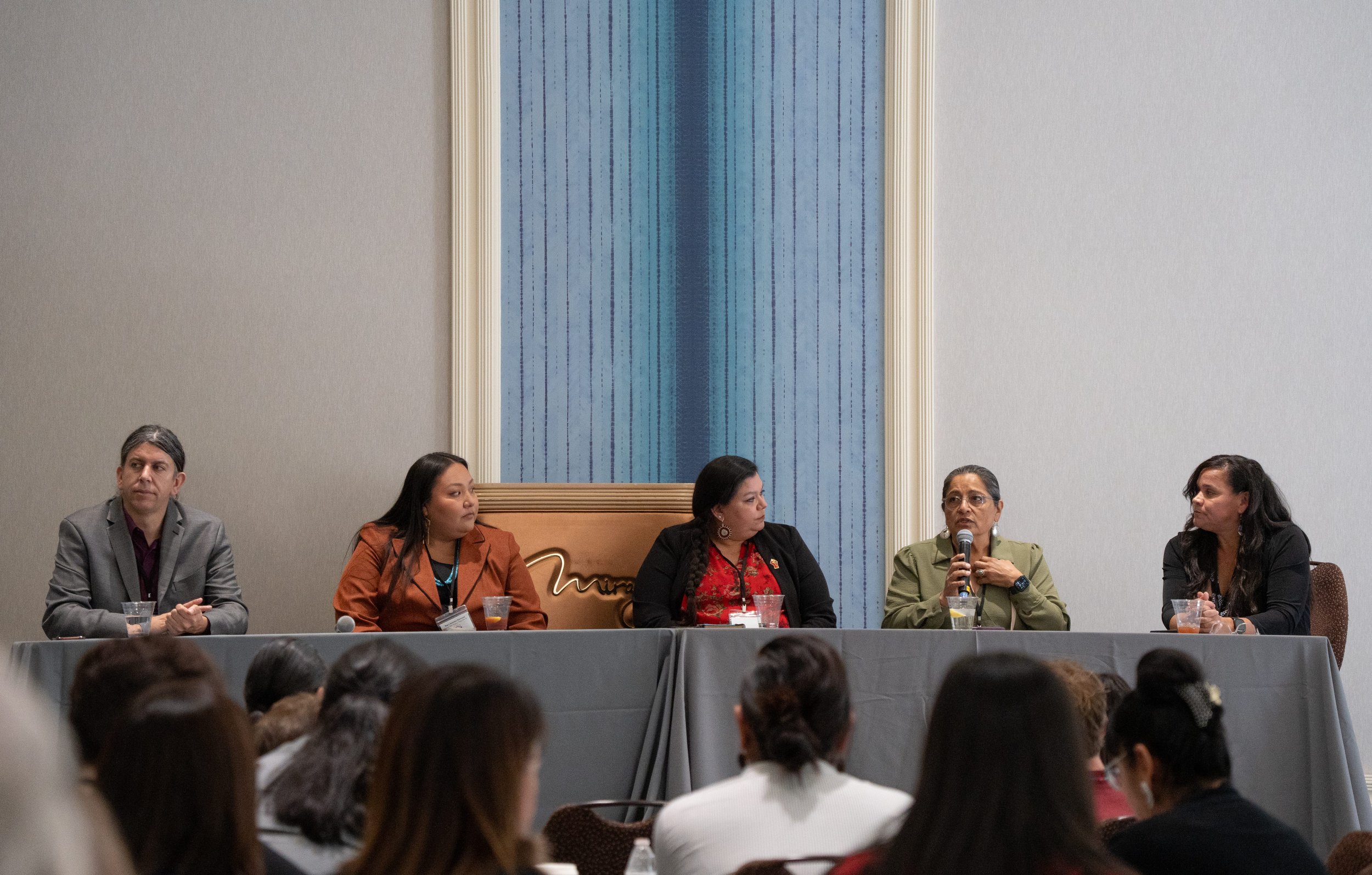
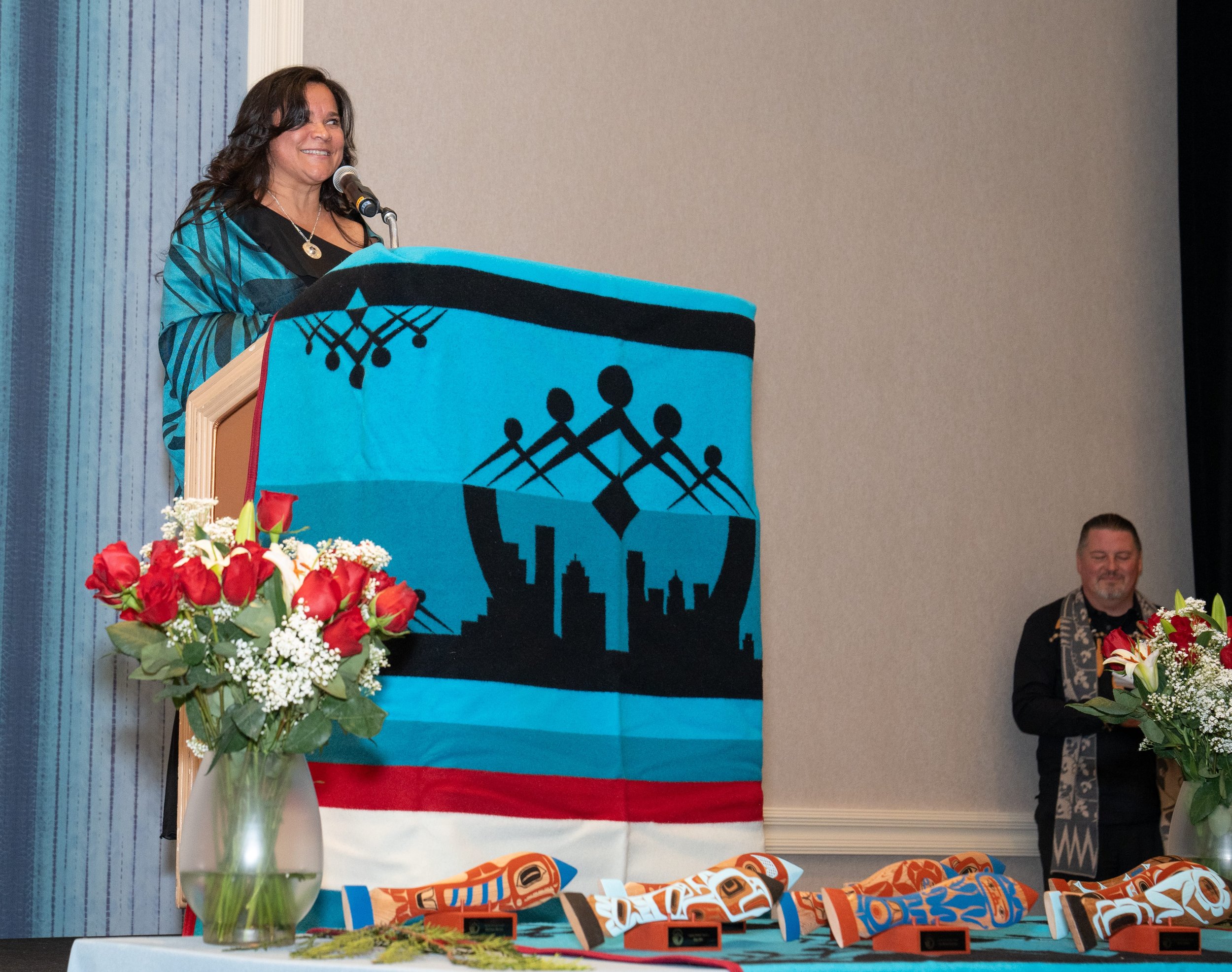
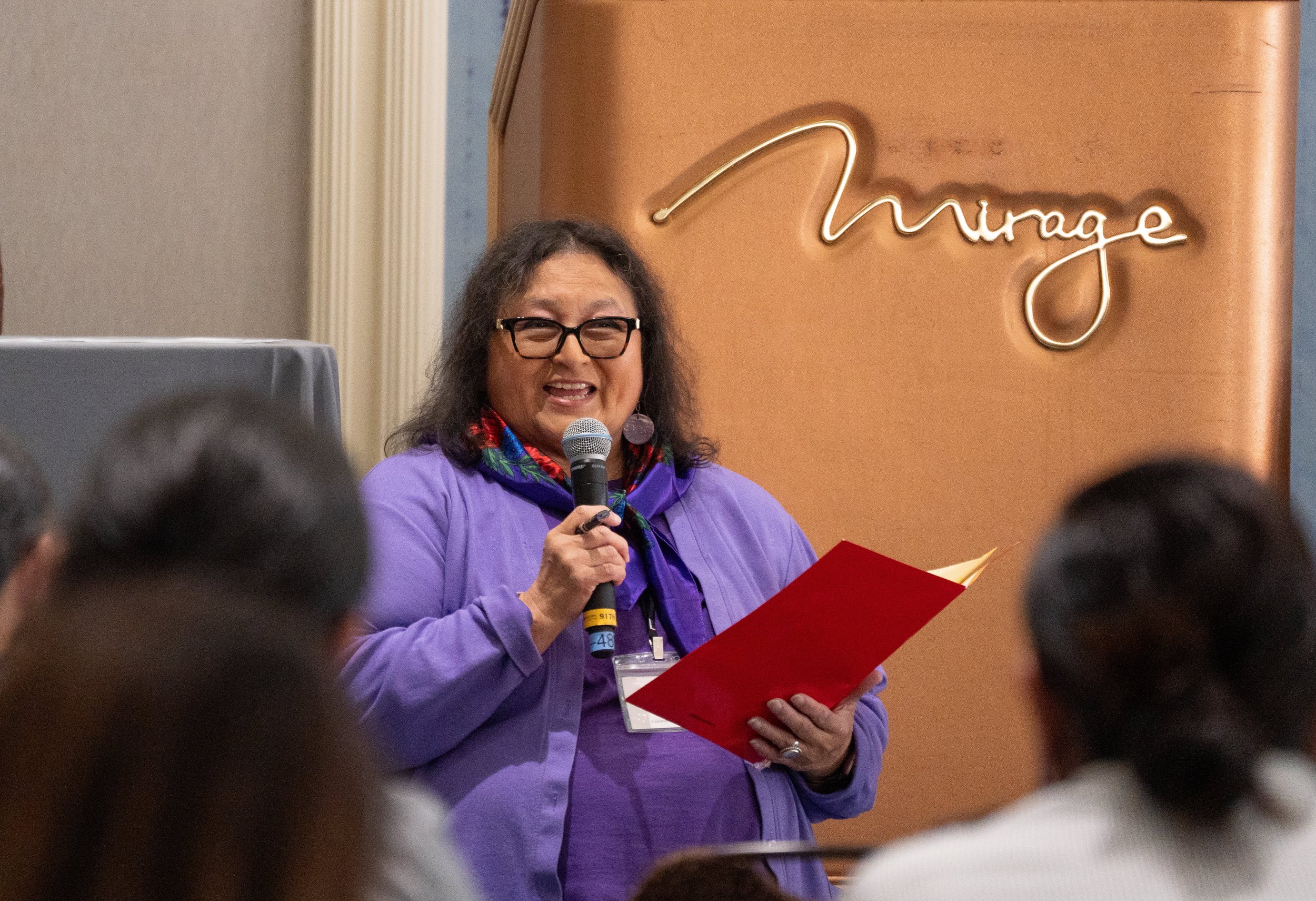
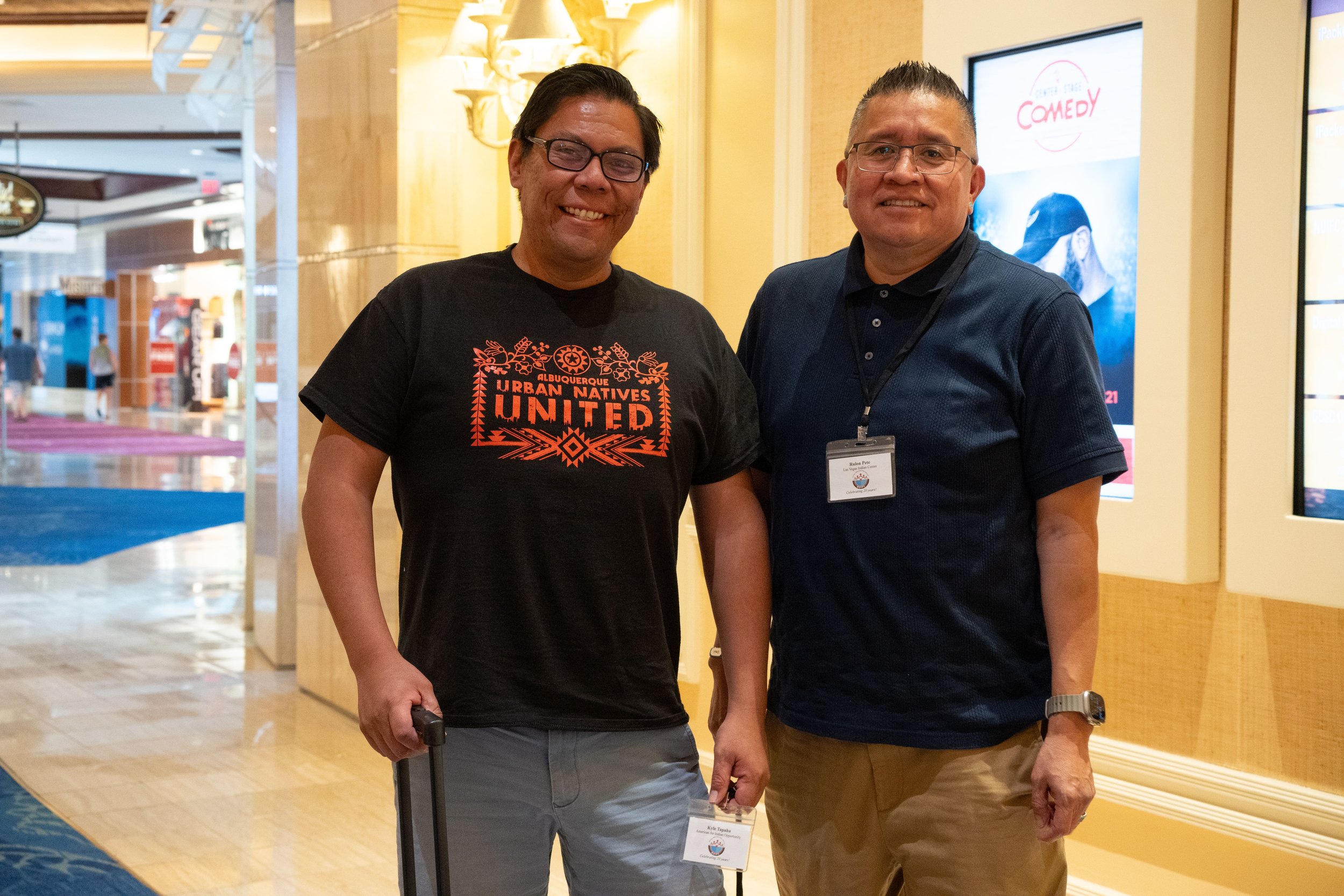
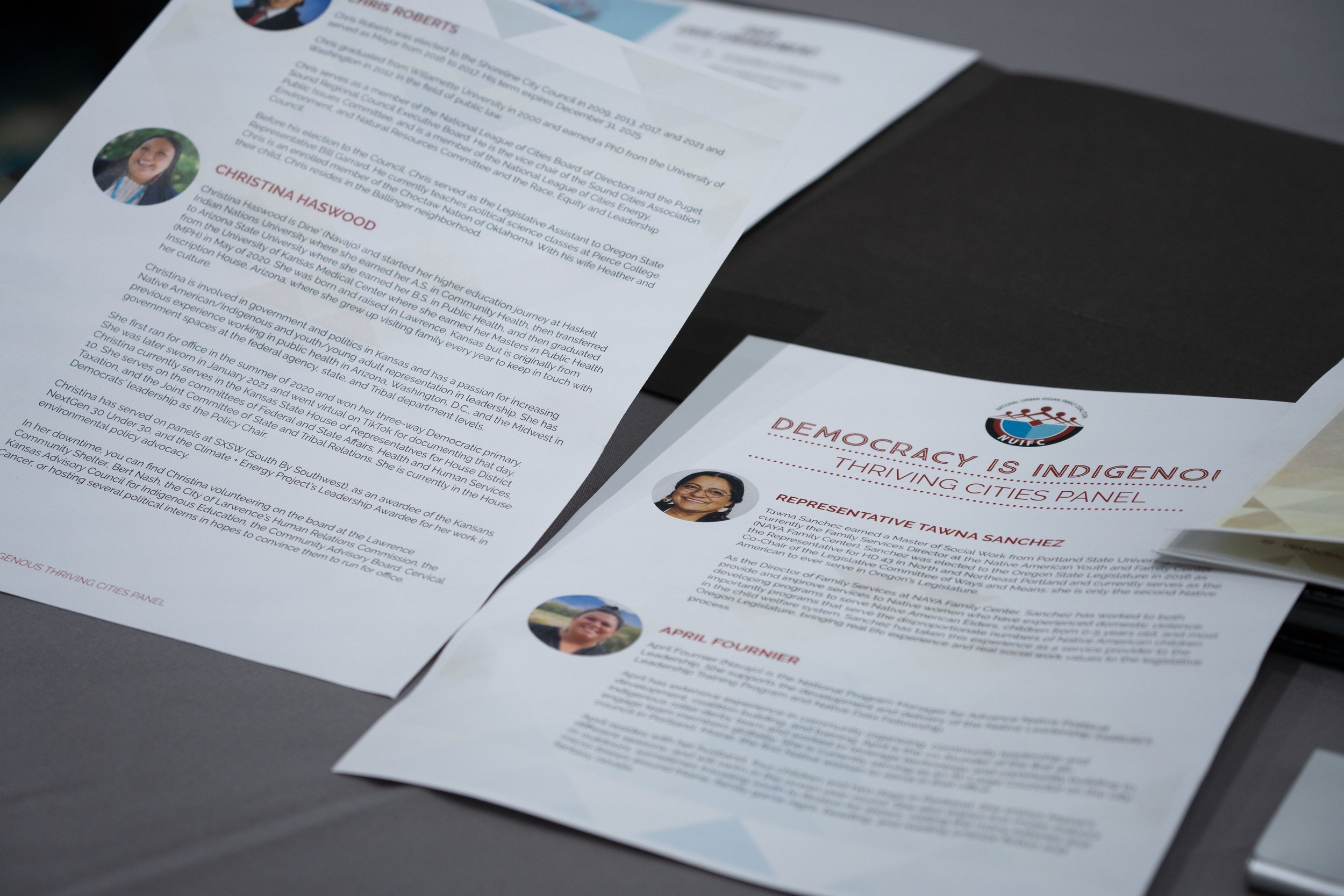
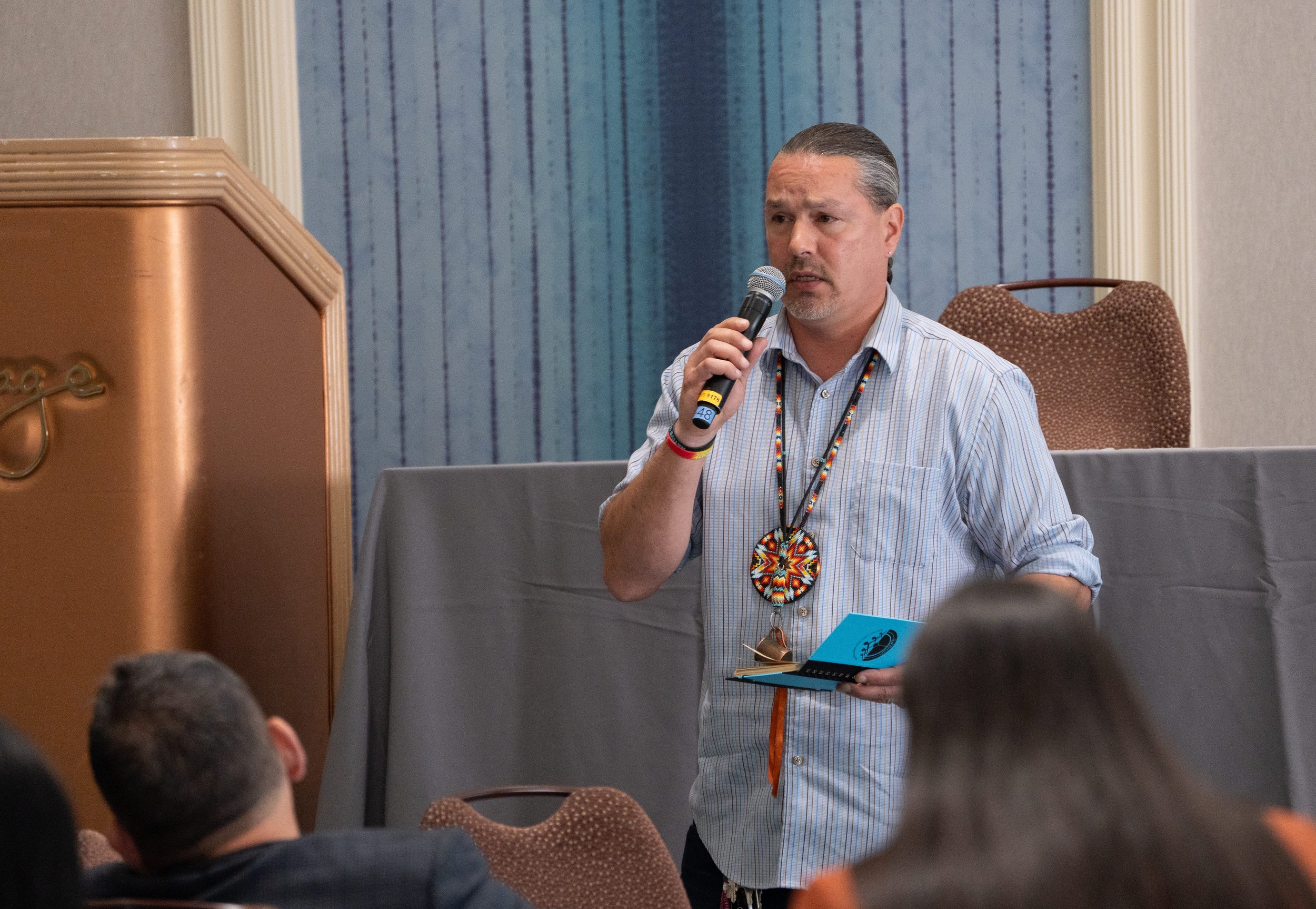
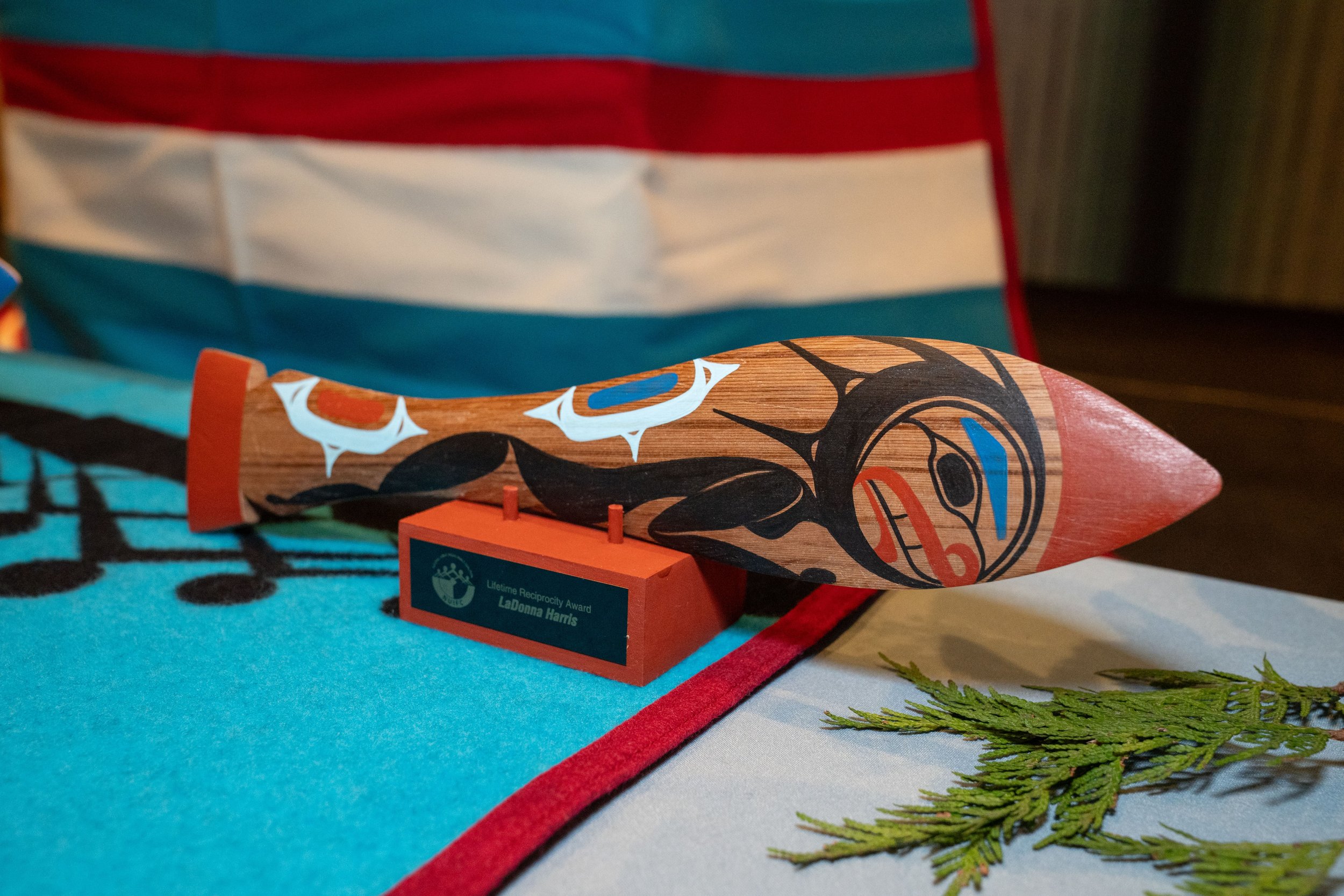
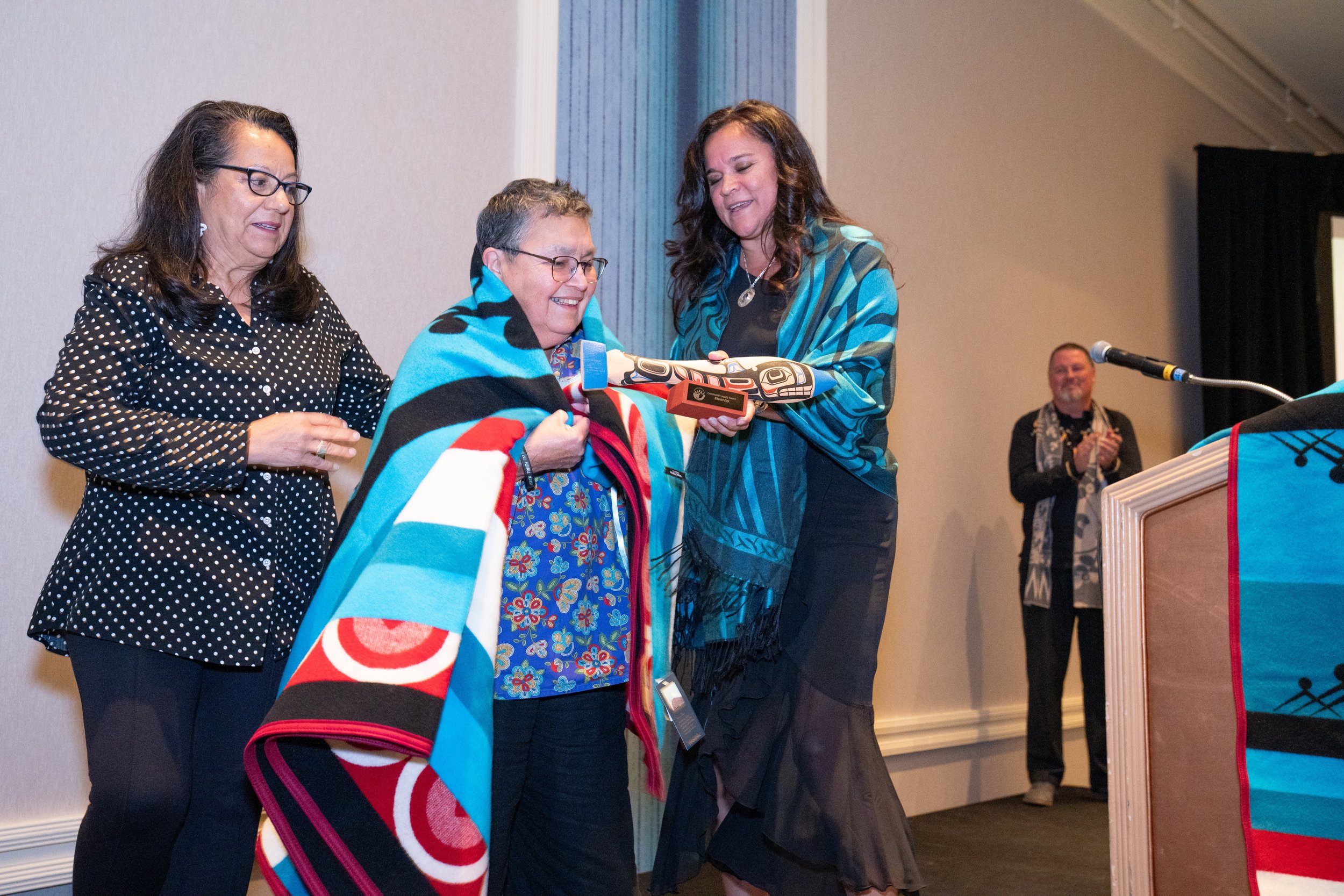
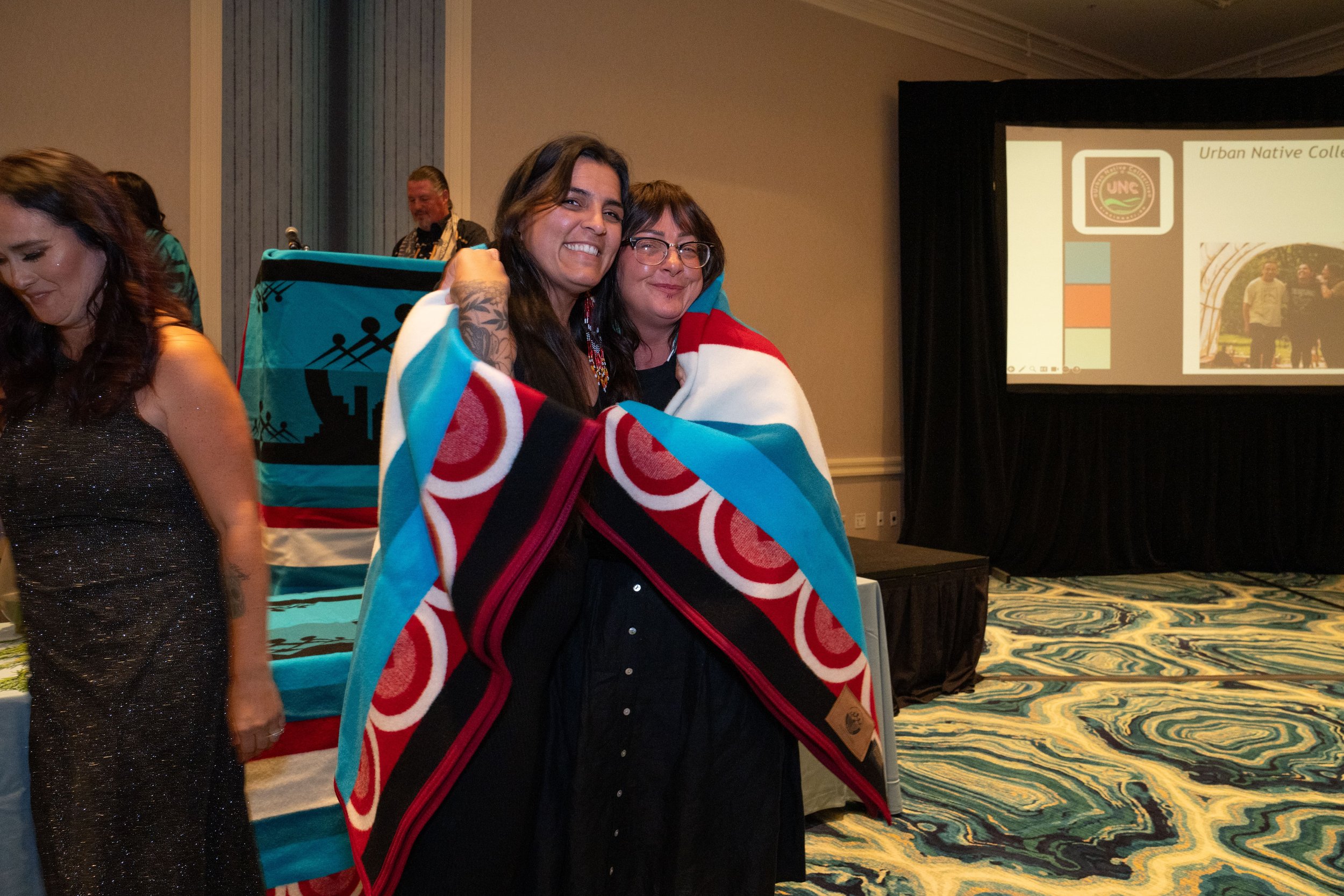
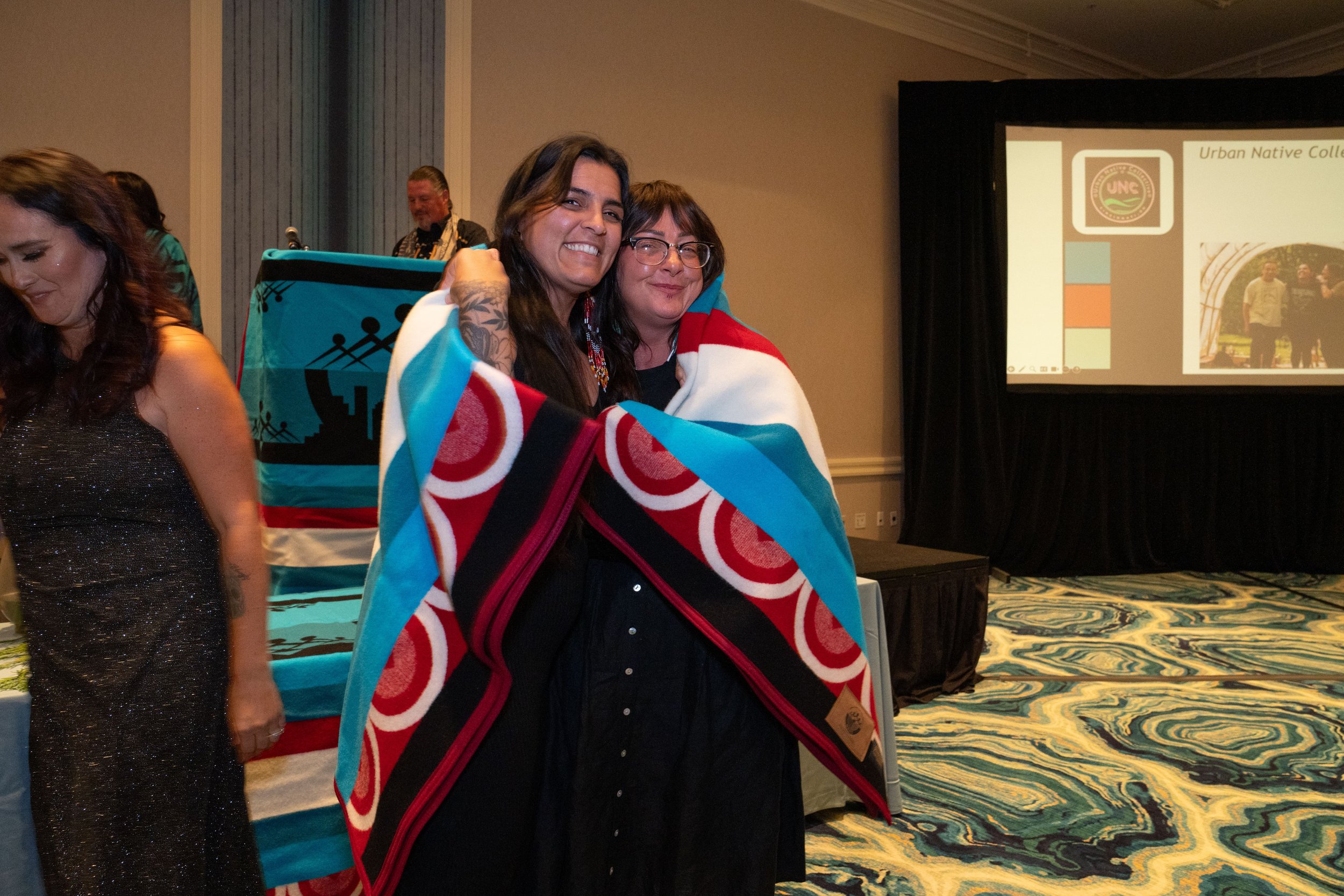
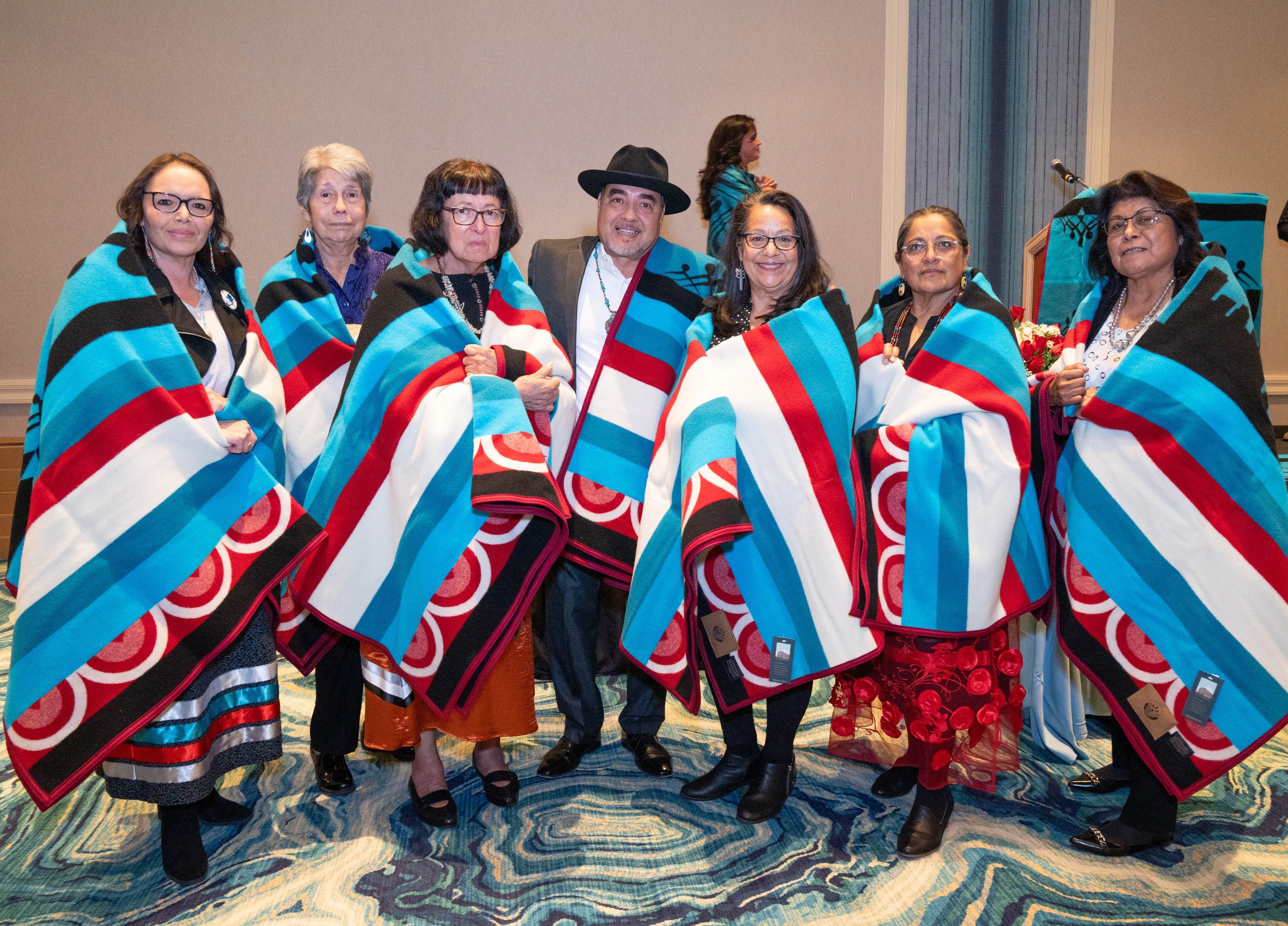
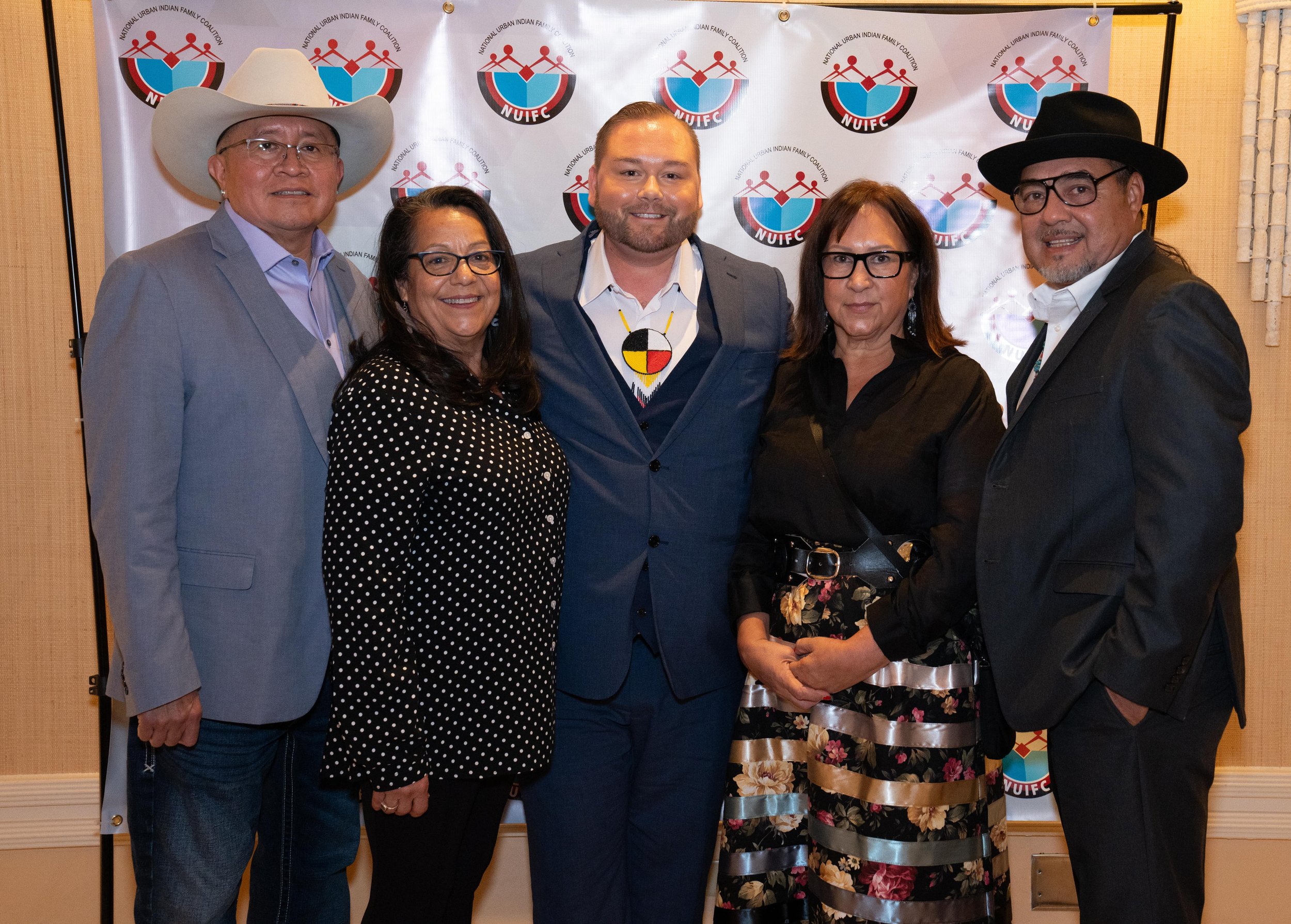
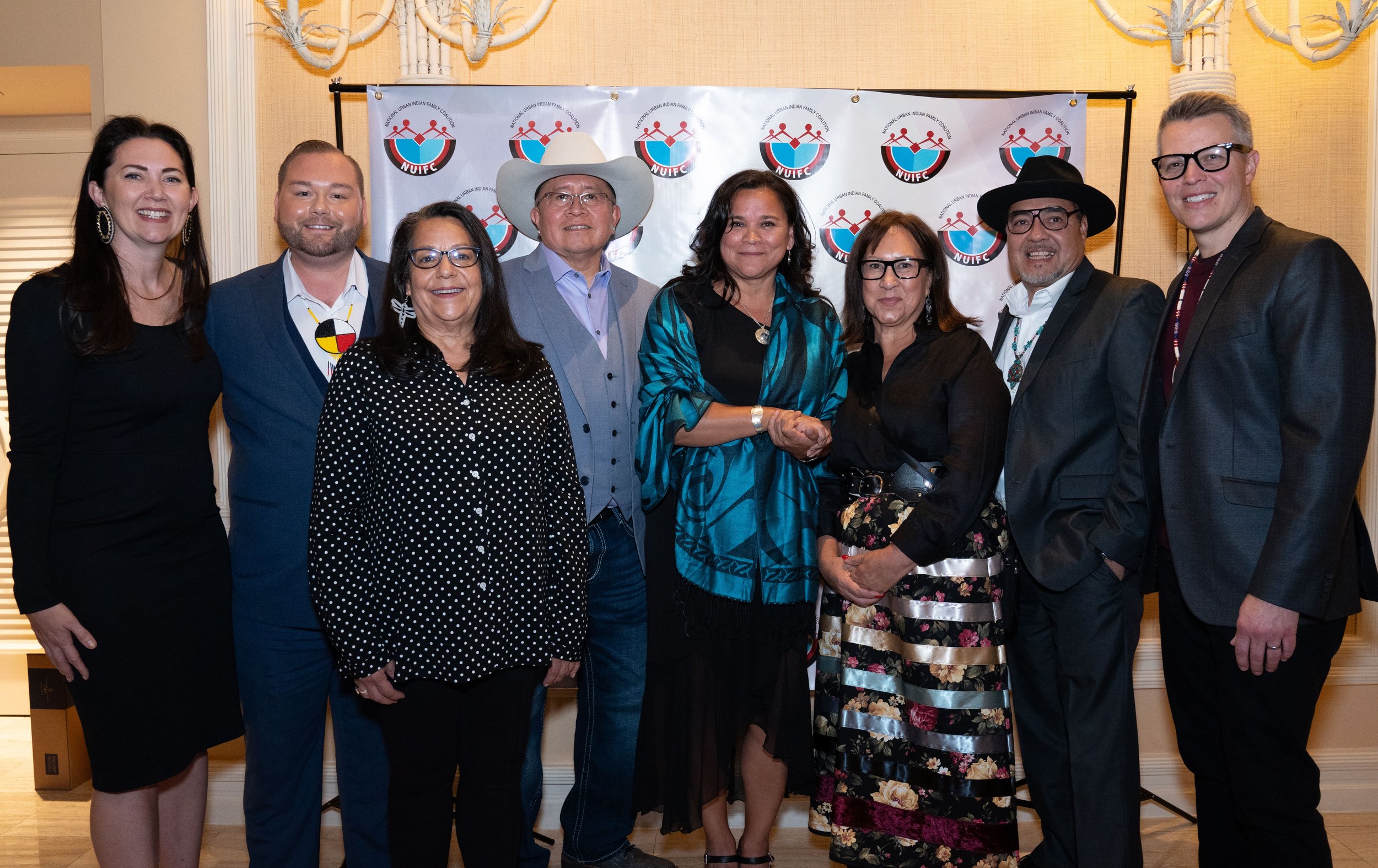
The NUIFC’s Democracy is Indigenous work is investing directly into urban Indian non-profits around the country to make sure our voices are heard. We know that resources follow policy and that policy follows elections so we’ve committed to building a powerful cohort of organizations that can push and make our goals for urban Indian America possible. This work goes beyond voter registration, we focus on creating sustainable year-round efforts that help people see that civic engagement goes beyond Election Day, as we continue to push for policies and hold elected officials accountable to their promises to our people.
This work is instrumental around the country and has been fine-tuned after years of work. In our recent five year DII report, we've highlighted how much impact this investment has made by helping community-based nonprofit organizations located in the largest Native communities develop their own unique civic engagement initiatives.
As proud as we are of the work that we've done, our focus remains looking forward to the next election and to continue to remind people just how much power the urban Native vote has. No other national civic engagement effort is able to connect with Natives who live off-reservation, which make up more than 70 percent of the total American Indian/Alaska Native Population.
What does this work look like?
Community Forums
Powwows
Halloween Parties
Art Competitions
Visited College Campuses
Indigenous People Day Events
Civic Engagement Bingo
Photo Contests
GOTV Information on Billboards
Outdoor Movie Nights
Music Concerts
Phone Banking
Video Public Service Announcements
Radio Advertisements
Podcast Interviews and Explainers
Transit Advertisements
Tailgate & Sporting Events
Community Raffles & Giveaways
Taco-About Voting Event
Voter Education Events
Ballot Parties
NUIFC Organizational Resources
As the NUIFC continues its work to provide resources to our Democracy is Indigenous Cohort, we are thrilled to work with Native artists and other non-profit organizations to create a library of different tools to help engage Native voters. This includes different swag packages, posters, artwork, and a dedicated voter registration portal.
We are thrilled to have these items shared with urban Native communities around the country and are continuing to explore other ways to better support these urban Indian non-profits.
URBAN AMERICAN INDIAN DEMOGRAPHICS
American Indian families and children are among the most vulnerable of America’s urban populations. Today, of the 9.6m Native Americans living in the U.S., more than 78% live off of reservations and lack a collective national voice. Native people residing in urban areas are amongst the most invisibilized populations in the nation, yet we represent a majority portion of Native people in the United States: Of the 78% residing off reservation - 68% of all American Indian/Alaska Natives (AI/AN), and 78% of all AI/AN children live in cities. This invisibility has created and perpetuates extreme disparities across all the major sectors of life and community for tribal citizens living in cities including children and family services, housing and homelessness, economic development and employment, and health and wellness. Deficient socio-economic indicators are all related to and solvable through policy engagement and ensuring that Native voices are reflected in policy discussions that stem from showing up and impacting elections.
The Native population is diverse, geographically dispersed, and difficult to identify through the national and state voter databases. Yet racially and culturally specific social service organizations and health centers play a key role as civic centers of the community. They are also active in their community, being present or planning American Indian events that bring the community, allowing them to further conduct voter engagement outreach. These urban based American Indian nonprofits are quite literally the “front line” organizations that provide services to the Native community and have often spent decades building trust with their client base.
While invisibility remains one of the most challenging aspects of contemporary Native life, as a community, we are our own best protagonists. Our communities have found ways to thrive in bustling metropolises and bring visibility to our issues. Some of our best protagonists are those Native people who are in positions of power – in politics, philanthropy, and business.
COALITION MEMBERS
The NUIFC is honored and excited to have the following organizations as part of the 2024 Democracy is Indigenous Cohort.
Each of the organizations receives a range of funding, depending upon their size and capacity, and works collaboratively toward shared metrics aimed at increasing voter registration, engagement, and turnout. The NUIFC continues to cultivate support for this initiative with hopes of expanding funding sources and increasing investments directed to the participating organizations.
Read THE NUIFC’s Latest report
